Cyberattacks are proliferating, and applications are one of the biggest targets. A recent Veracode State of Software Security report revealed that 74% of applications contain at least one security vulnerability. As a result, businesses are actively turning to top Application Security Companies to secure their digital assets.
As many organisations move to cloud-based and mobile environments, application security is no longer just an IT issue – it is a business issue. I have seen some startups, as well as large enterprises, take risks with their application security approach because they did not take app security seriously from the start.
According to IBM, the average cost of a data breach in the United States is over $9 million, so the costs associated with prevention are less than the costs associated with recovery. Therefore, finding the right application security firm is very important. In this blog, I have compiled a list of 21 vetted app security providers that are partnered with businesses in 2025 to keep them safe
Top 20 Application Security Companies and Vendors
As cyber threats are on the rise, USA businesses are placing more focus on application security. Apps get hacked because of the application’s ease of access to customer and business data. It is important to work with the proper security entity to keep your app safe and secure. In this blog, we have listed 20 of the top application security vendors that will help protect your software from attacks.
1. Qualysec
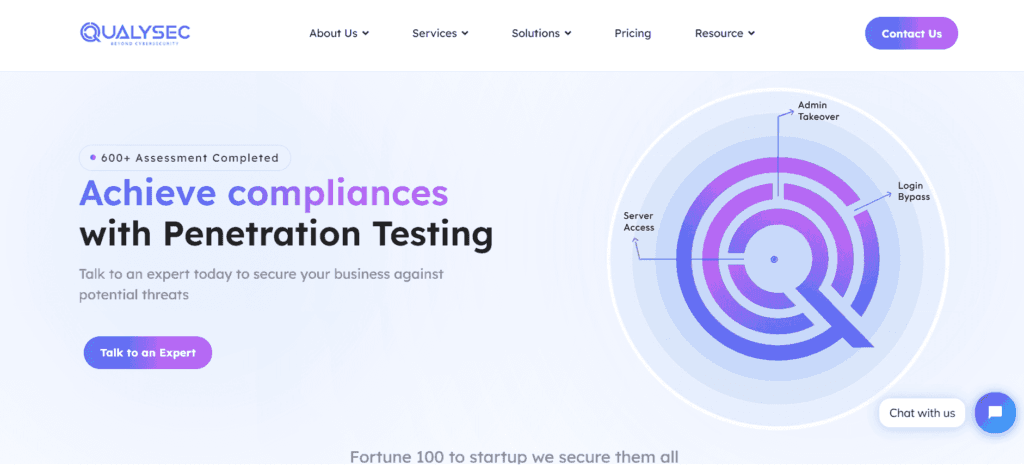
Qualysec is an emerging application security vendor actively securing web, mobile, and cloud apps for organisations. Headquartered in the U.S., Qualysec has clients all over the world. Since Qualysec employs manual and automated testing (through both methods) to pinpoint security vulnerabilities.
They provide reports that are straightforward and clear, and offer recommendations for remediation that all teams can understand – even if they aren’t technical teams! Qualysec helps organisations meet global security standards such as ISO, HIPAA, and PCI-DSS.
Their services provide value for organisations at all stages, including idea-stage startups, mid-sized organisations, and large enterprises that seek optimal security but do not prefer complexity. With a focus on results, streamlined communication, and support, Qualysec can be the trusted partner to keep apps secure. Get a Free Security Consultation.
2. Veracode
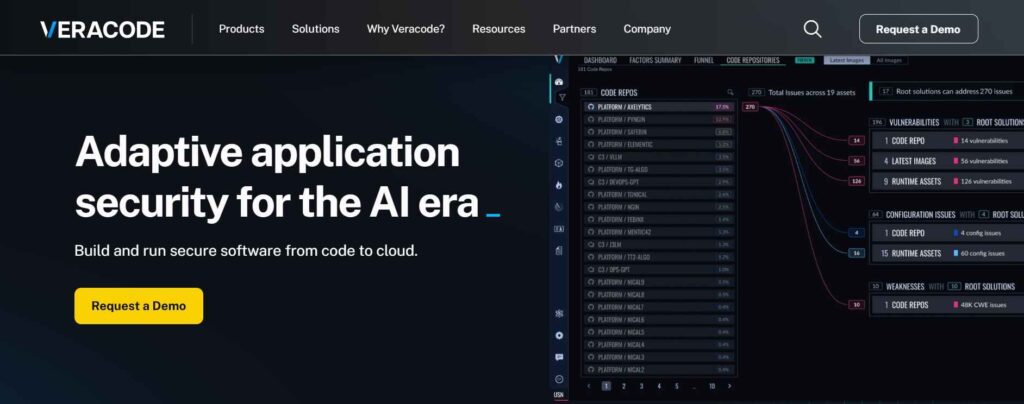
Veracode is a respected provider of application security, offering a comprehensive suite of solutions that includes static and dynamic analysis, software composition analysis, and manual penetration testing. Veracode’s tools seamlessly integrate into developer workflows, helping organisations identify and fix security flaws early in the software development lifecycle. Veracode helps organisations deliver secure software without hindering development, which is especially valuable in today’s fast-paced and innovation-driven environment.
3. Palo Alto Networks (Prisma Cloud)
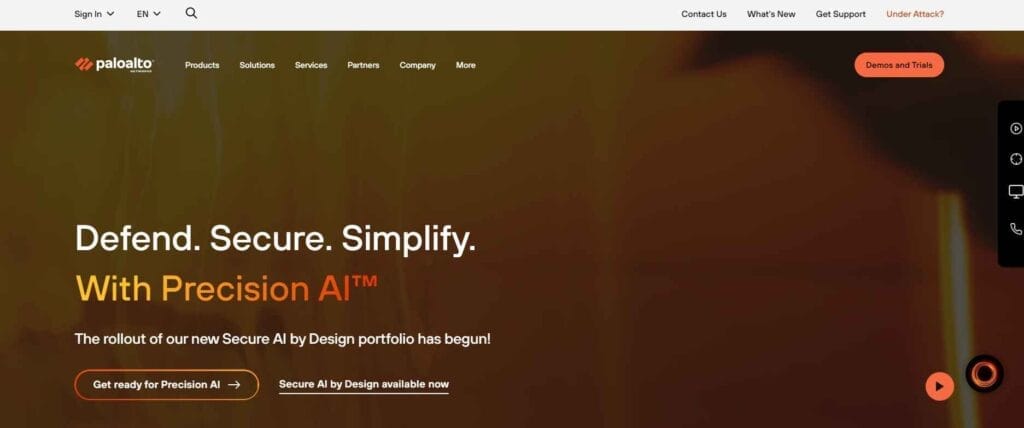
Prisma Cloud, provided by Palo Alto Networks, is a full-stack, cloud-native security platform that secures software throughout its development and deployment lifecycle. Prisma Cloud focuses primarily on code security in hybrid and multi-cloud environments, providing comprehensive visibility and compliance monitoring. For organizations transitioning to a DevSecOps methodology, it is a compelling option.
4. Trend Micro
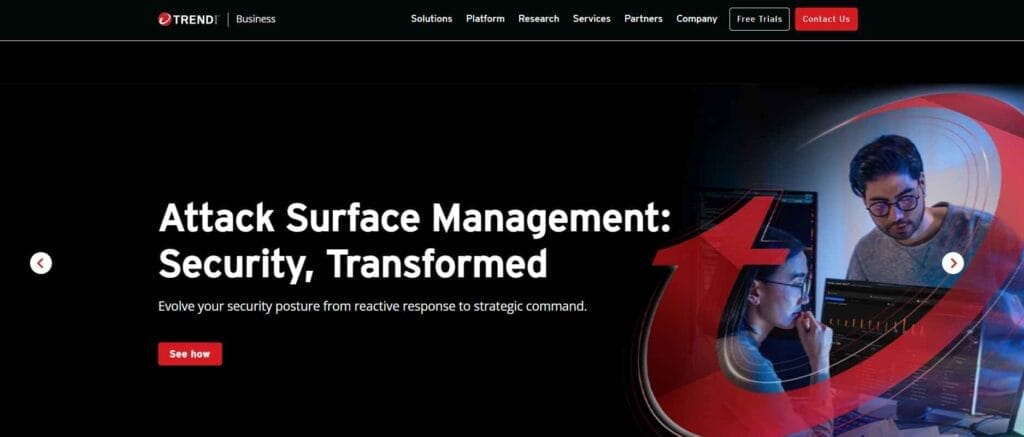
Trend Micro sells cloud app security tools that help protect cloud services, including Microsoft 365, Google Workspace, and others. Their solutions leverage AI and machine learning to understand when malware, phishing attacks, or targeted attacks occur. With a simple API integration, you can easily plug Trend Micro into anything you already have.
5. GitGuardian
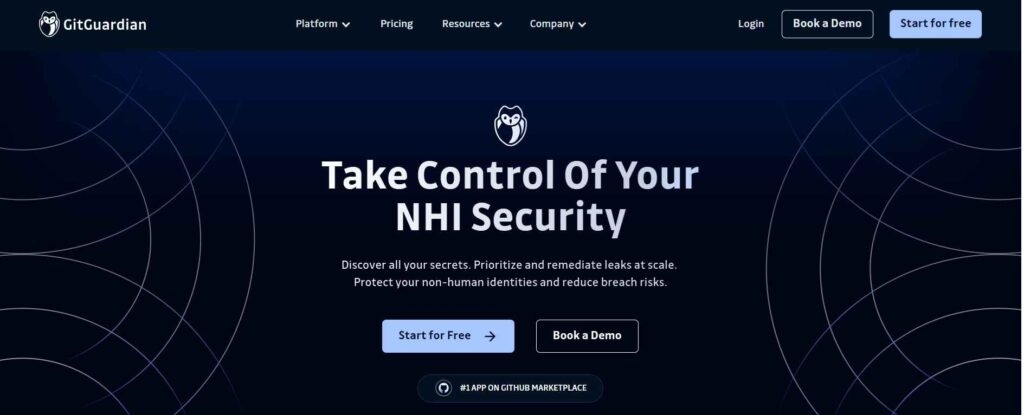
GitGuardian specializes in detecting sensitive data like API keys and passwords that are publicly or privately exposed in source code. It’s primarily designed for developer-first organisations that utilise Git repositories, including Bitbucket, GitHub, and GitLab. The platform offers real-time detection and remediation, enabling developers to maintain clean and secure codebases.
6. Qualys
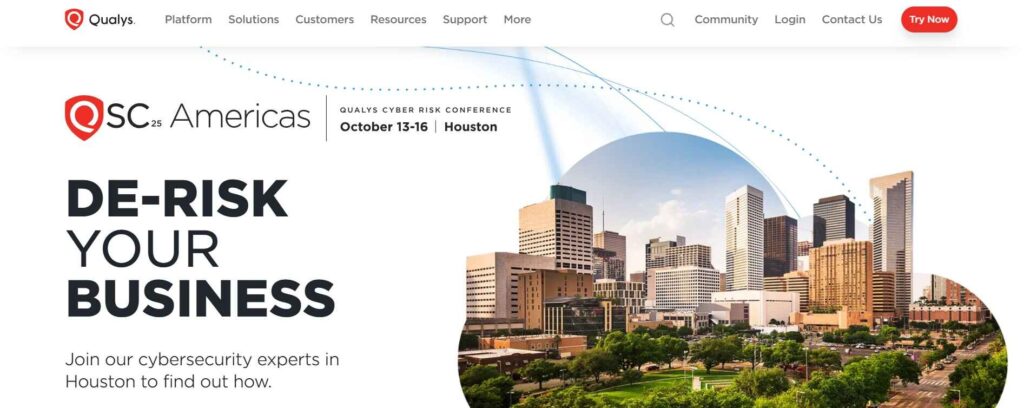
Qualys is an integrated solution for vulnerability management, web app scanning, and continuous monitoring. It provides real-time visibility for your global IT assets, as well as prioritizing threats based on risk. The automation and scalability of Qualys is an excellent choice for mid-size to large organizations.
7. Snyk
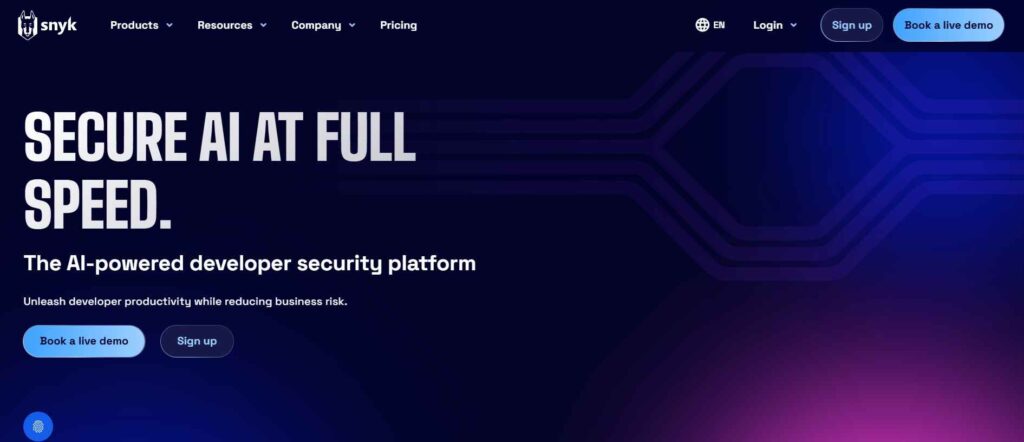
Snyk is a security tool geared towards developers. It scans code, dependencies, containers, and IaC (Infrastructure as Code). While Snyk is known for its integration with GitHub, GitLab, and CI/CD, it also enables developers to identify and address vulnerabilities earlier in the development cycle, rather than waiting until they are running in production.
8. Rapid7
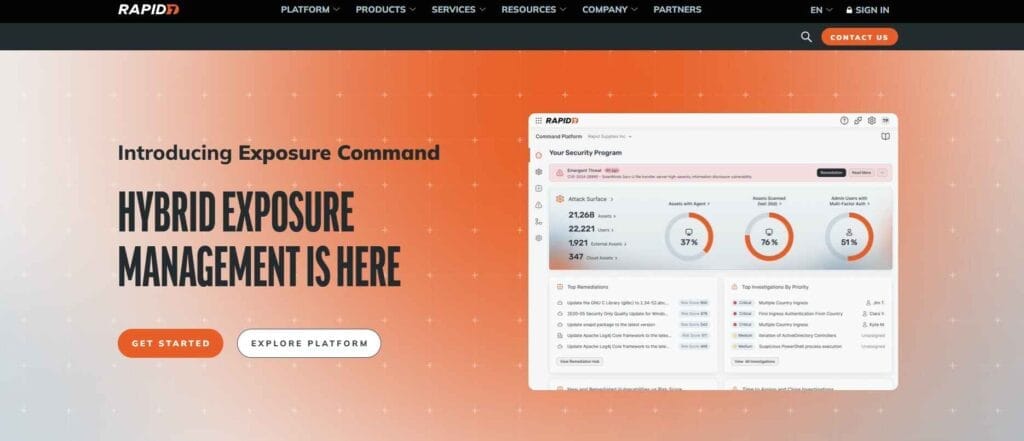
Rapid7’s Metasploit is the ultimate framework for penetration testing. It enables security professionals to simulate attacks on their applications, exposing vulnerabilities. In addition, all of Rapid7’s solutions, such as InsightAppSec, provide a full circle of proactive and passive detection capabilities.
9. Appknox
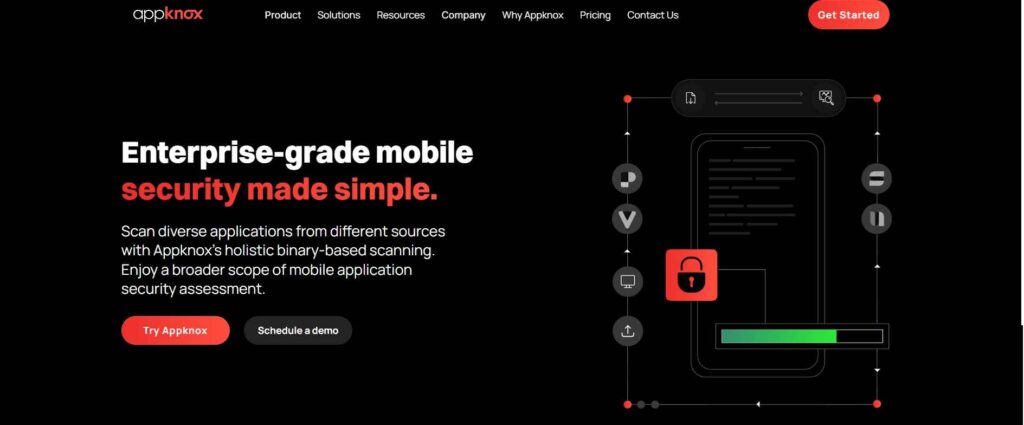
Appknox specializes in mobile application security, and their platform allows DevSecOps teams to conduct SAST, DAST, and API scans seamlessly in the development lifecycle. Highly utilized by fintech, e-commerce, and healthcare companies to maintain secure mobile applications.
10. GitLab
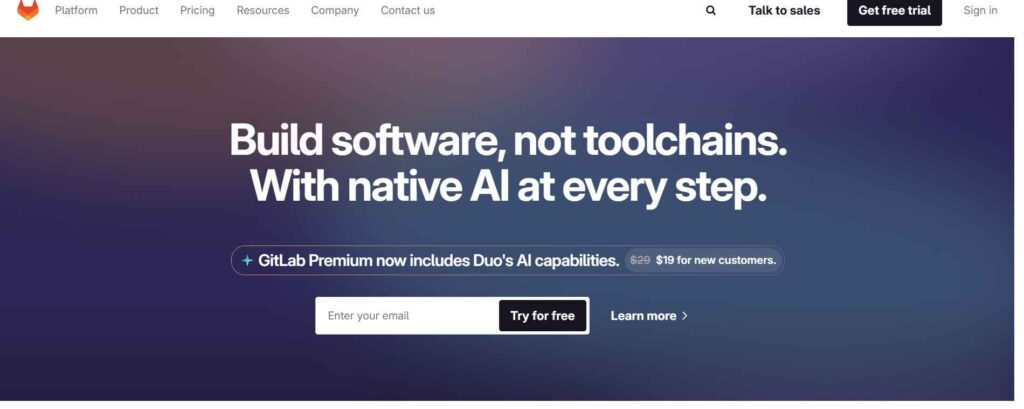
It offers built-in DevSecOps capabilities, enabling development teams and security teams to operate on a single platform. GitLab provides code quality checks, static analysis, and secret detection as part of your CI/CD pipeline. If you want your development teams to deploy code fast and securely, GitLab is an excellent option.
11. Aqua Security
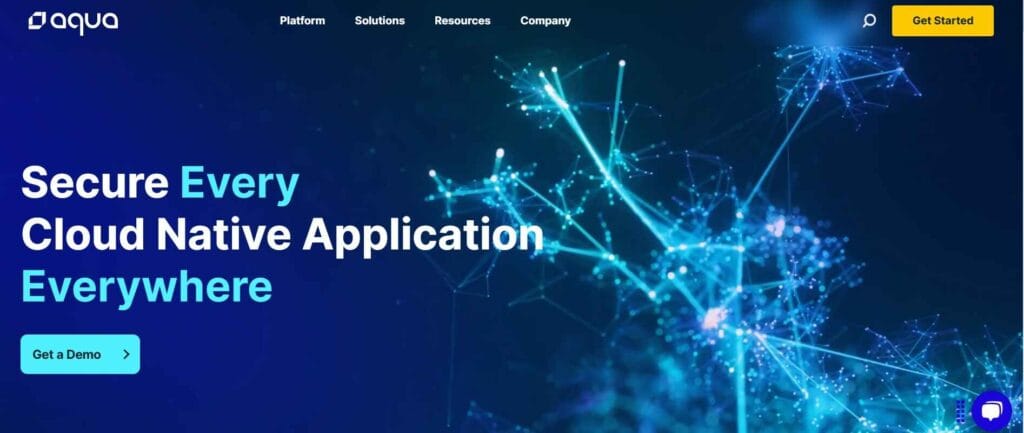
Aqua Security is best known for securing cloud-native applications. It provides comprehensive security for containers, Kubernetes, and serverless functions. Aqua Security scans for vulnerabilities, identifies runtime threats, and manages compliance, making it an excellent fit for a modern DevOps team.
12. Contrast Security
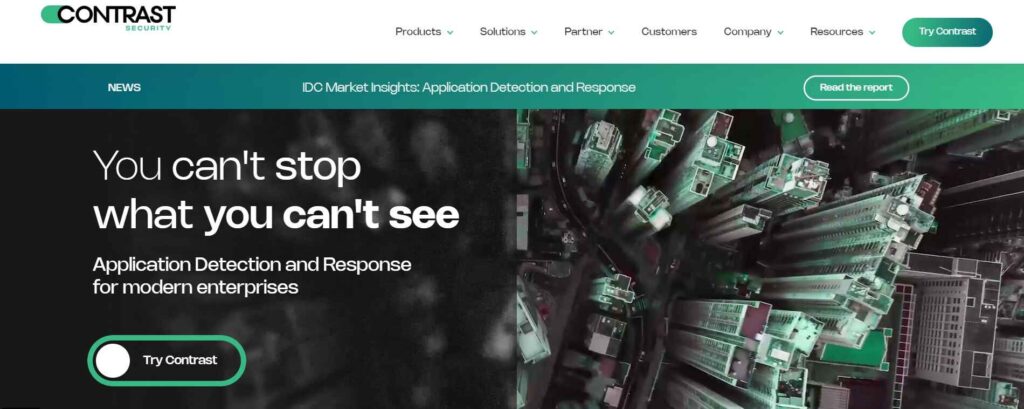
This offers a distinctive solution by combining interactive application security testing (IAST) and runtime protection (RASP). Contrast integrates within the application to identify vulnerabilities and block attacks in real-time, which benefits agile development cycles.
13. Cisco
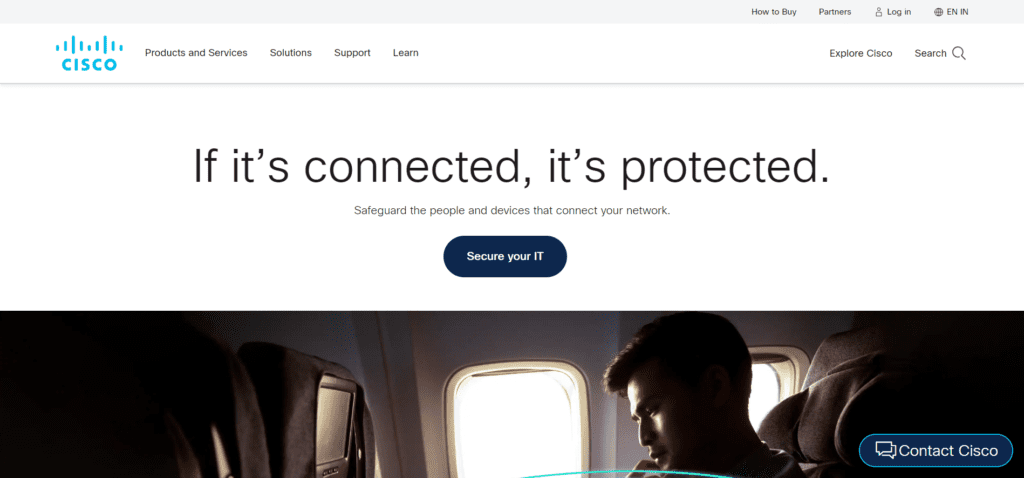
Cisco has integrated application security into its broader cybersecurity portfolio, leveraging AppDynamics (application performance management) and Secure Application (anomaly detection for application behaviour). It can be a good choice for enterprises that require application protection in hybrid or native cloud deployments.
14. Fortinet
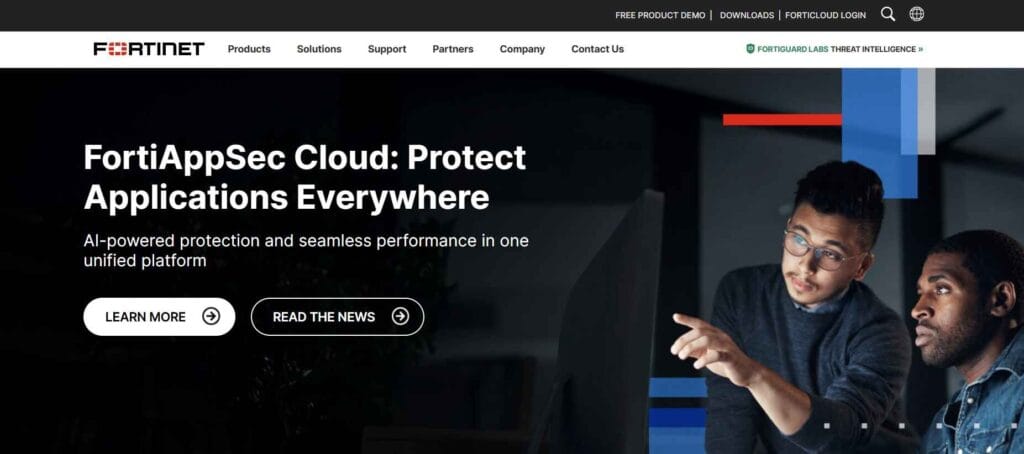
Fortinet is well-known for its network security capabilities, but the company also has solid application security products. The Web Application Firewall (WAF) and other tools protect web apps against both established and zero-day threats. The integrated nature of Fortinet’s products is also a benefit, as many organizations use Fortinet’s entire security portfolio.
15. Cloudflare
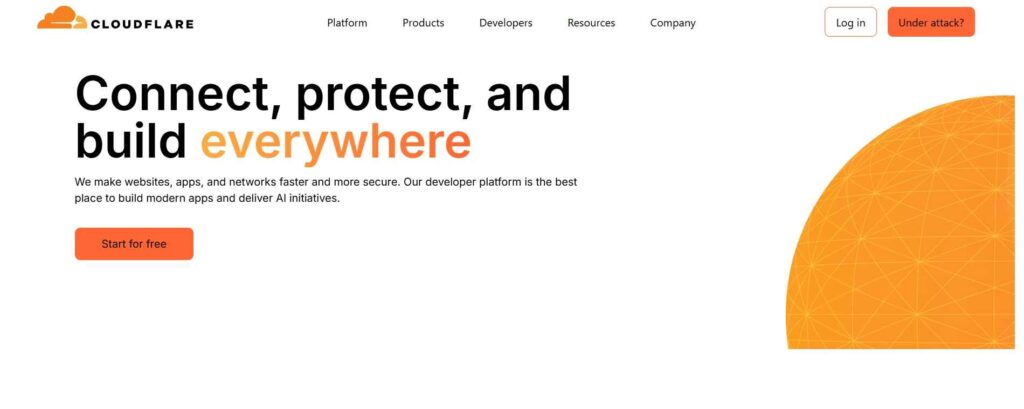
Cloudflare delivers security at the edge, which includes higher-layer protection through app-layer firewalls and Zero Trust Network Access (ZTNA). This helps organizations take steps against threats before they touch any part of the application. Cloudflare is beneficial for public-facing organizations that cannot sacrifice performance, while still wanting a secure experience that can be easy to set up based on Cloudflare’s broad global network.
16. IBM Security
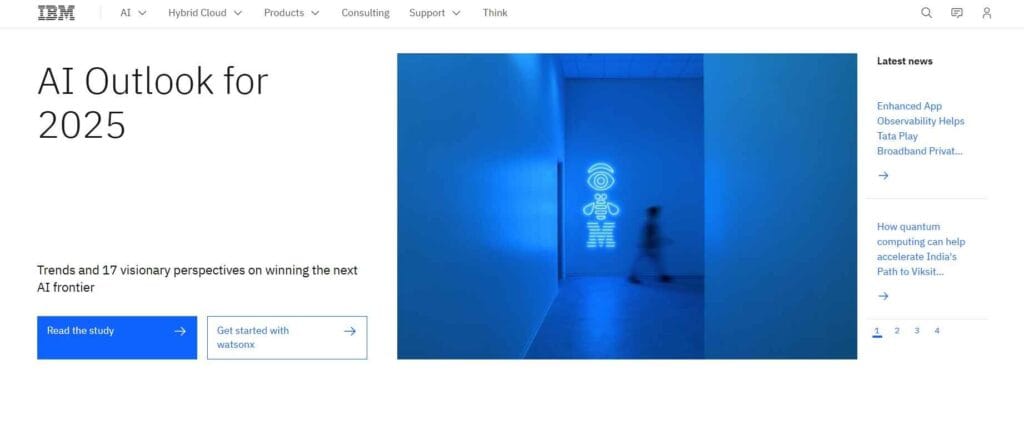
IBM’s collection of application security options encompasses not only static and dynamic testing, but also SCA and additional options. All of IBM’s tools integrate seamlessly into the DevOps workflow, and their capabilities are enhanced by advanced analytics. IBM also offers a line of managed security services for enterprises seeking extended support.
17. Check Point

Check Point offers application-layer threat prevention, with options including API security, bot protection, and web app firewalls. Their AppSec suite is well-suited for hybrid and multi-cloud infrastructures, helping to secure enterprise apps at scale.
18. Microsoft Azure Security
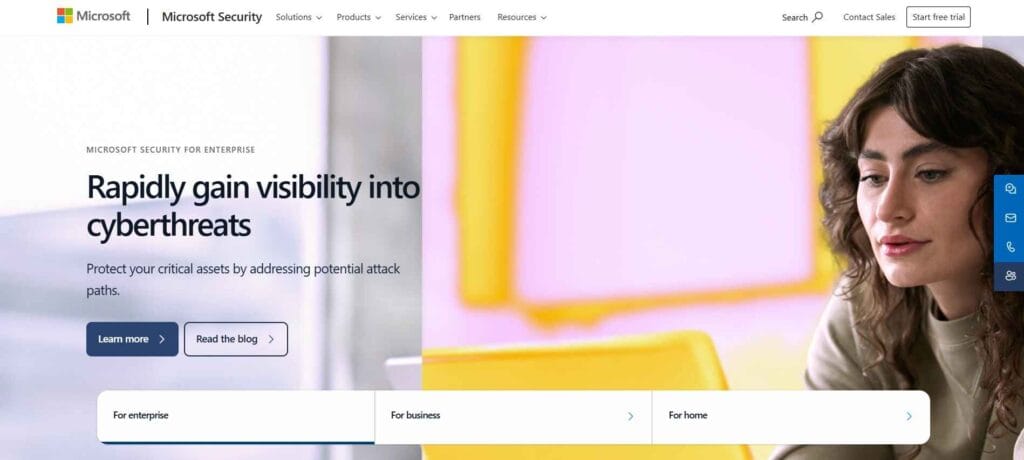
Microsoft provides Azure Security Center, which features a wide variety of tools to help secure apps hosted on Azure, including code scanning, threat detection, and compliance management. Azure Security Center is a natural fit in the Microsoft ecosystem.
19. Armor
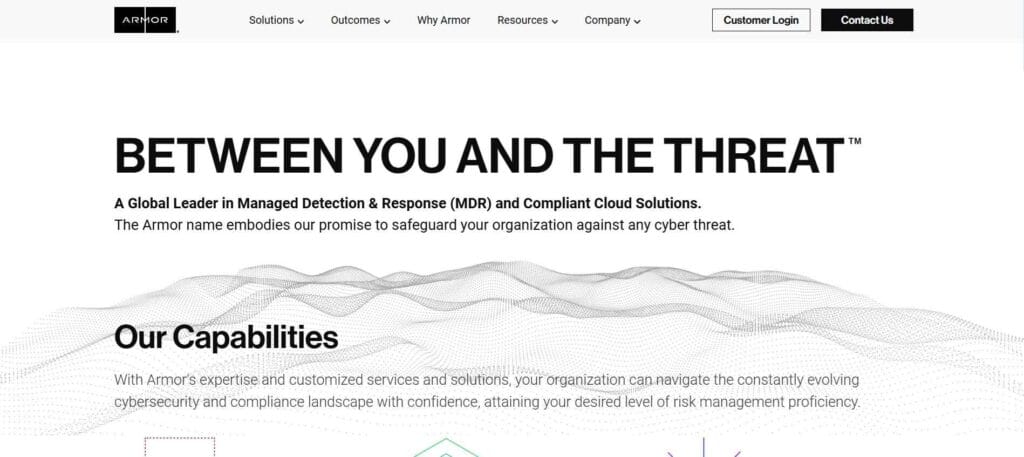
Armor is a cybersecurity company that manages detection and response, compliance tools, and threat intelligence, providing cloud-native solutions. Their appsec services include penetration testing, risk assessments, and compliance support, especially useful in regulated industries.
20. Zscaler
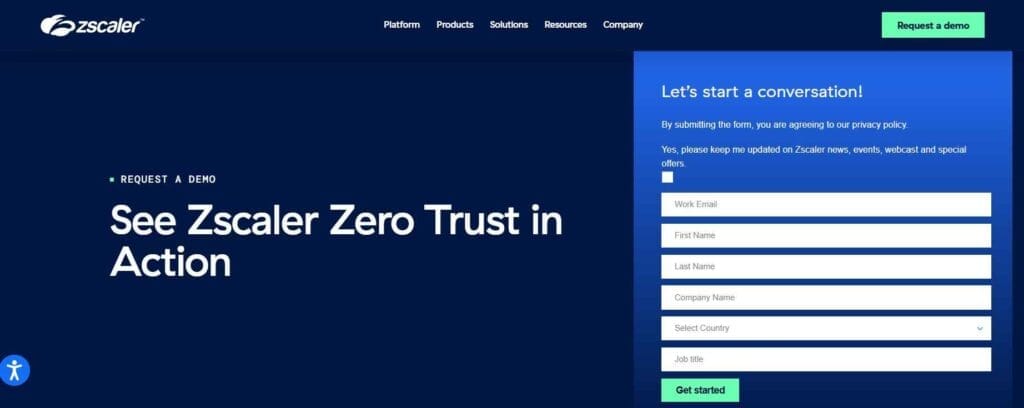
Zscaler focuses on access through zero-trust security and a secure web gateway, leveraging its cloud-native platform. It protects cloud apps by confirming user identity and inspecting traffic. This is a very useful solution for remote teams and hybrid work models.
Need help choosing the right application security partner? Talk to Our Experts.
Talk to our Cybersecurity Expert to discuss your specific needs and how we can help your business.
Conclusion
Selecting the appropriate application security partner depends on your tech stack, budget, and risk appetite. Many leading Application Security Companies offer solutions tailored for different needs—startups might prefer tools like Snyk, GitGuardian, and GitLab, while large enterprises may require scalable platforms like Qualysec, Veracode, Palo Alto Networks, and IBM.
Whatever size or industry you’re in, securing your applications is a must, given the current threat landscape! I recommend starting the process early, staying proactive, and picking tools that integrate well into your existing workflows.
FAQ’s
1. What Types of Applications Do Application Security Companies Protect?
Application security companies protect various types of software, including web applications, mobile applications, desktop applications, APIs, and cloud platforms. It doesn’t matter if it’s an e-commerce site, a banking mobile application, or a healthcare system; they help secure applications that have sensitive data.
2. How Can I Assess The Effectiveness of an Application Security Company?
To assess an application security company, look for information on their testing processes, certifications, client/customer reviews, and any reports that they issue. A qualified application security firm should conduct both manual and automated testing, have proven experience across industries, provide documentation in a clear and detailed report with actionable fixes, and have experience reporting vulnerabilities to large organizations.
3. What’s The Difference Between Application Security and Penetration Testing?
Application security is the process of ensuring an application is built securely, encompassing secure coding, vulnerability scanning, and threat detection. Penetration testing simulates a real attack on the application to identify weaknesses that an attacker could exploit. Therefore, penetration testing is just one aspect of the bigger picture of application security.
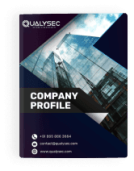
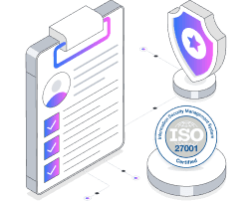
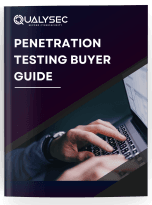


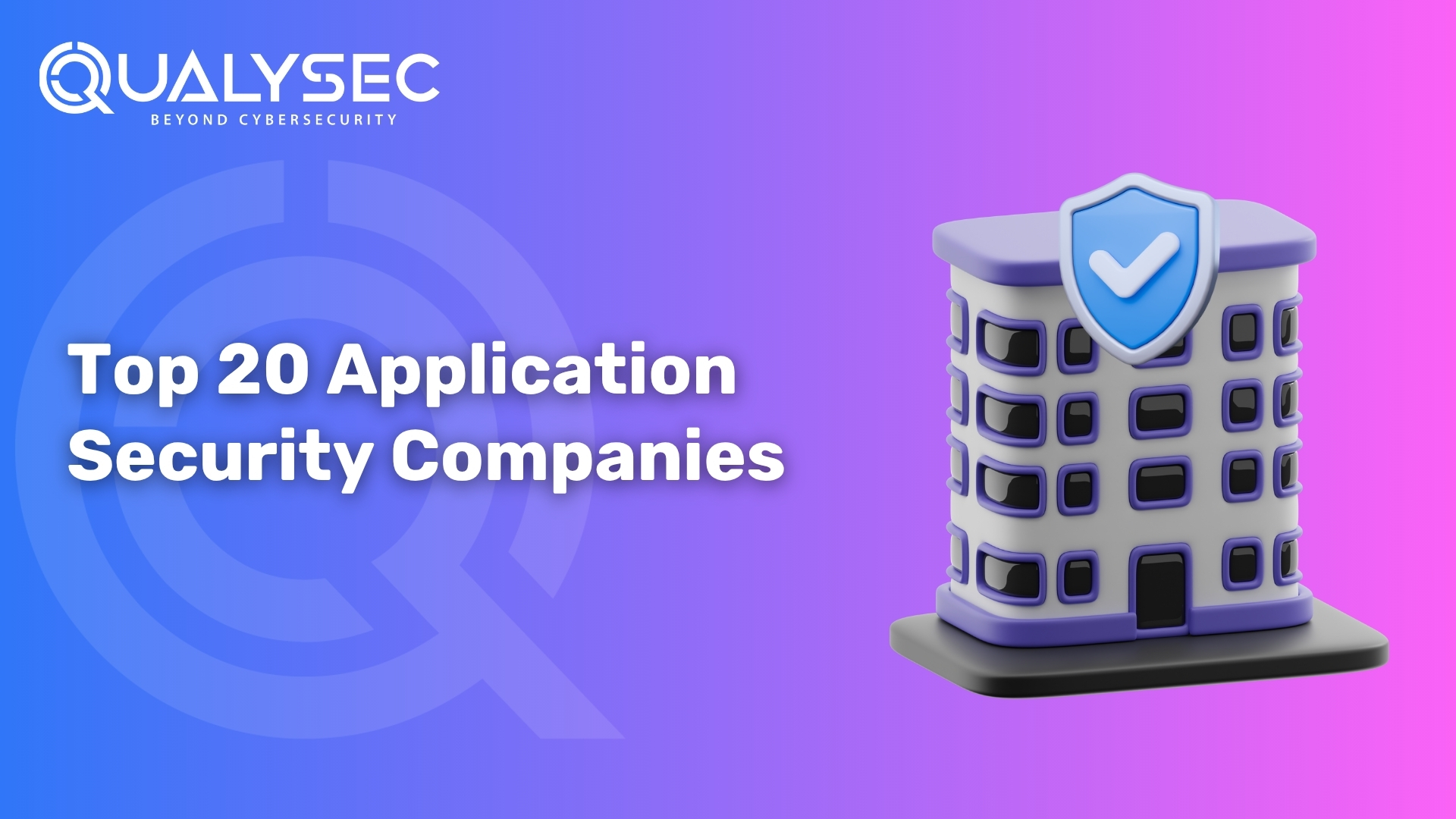



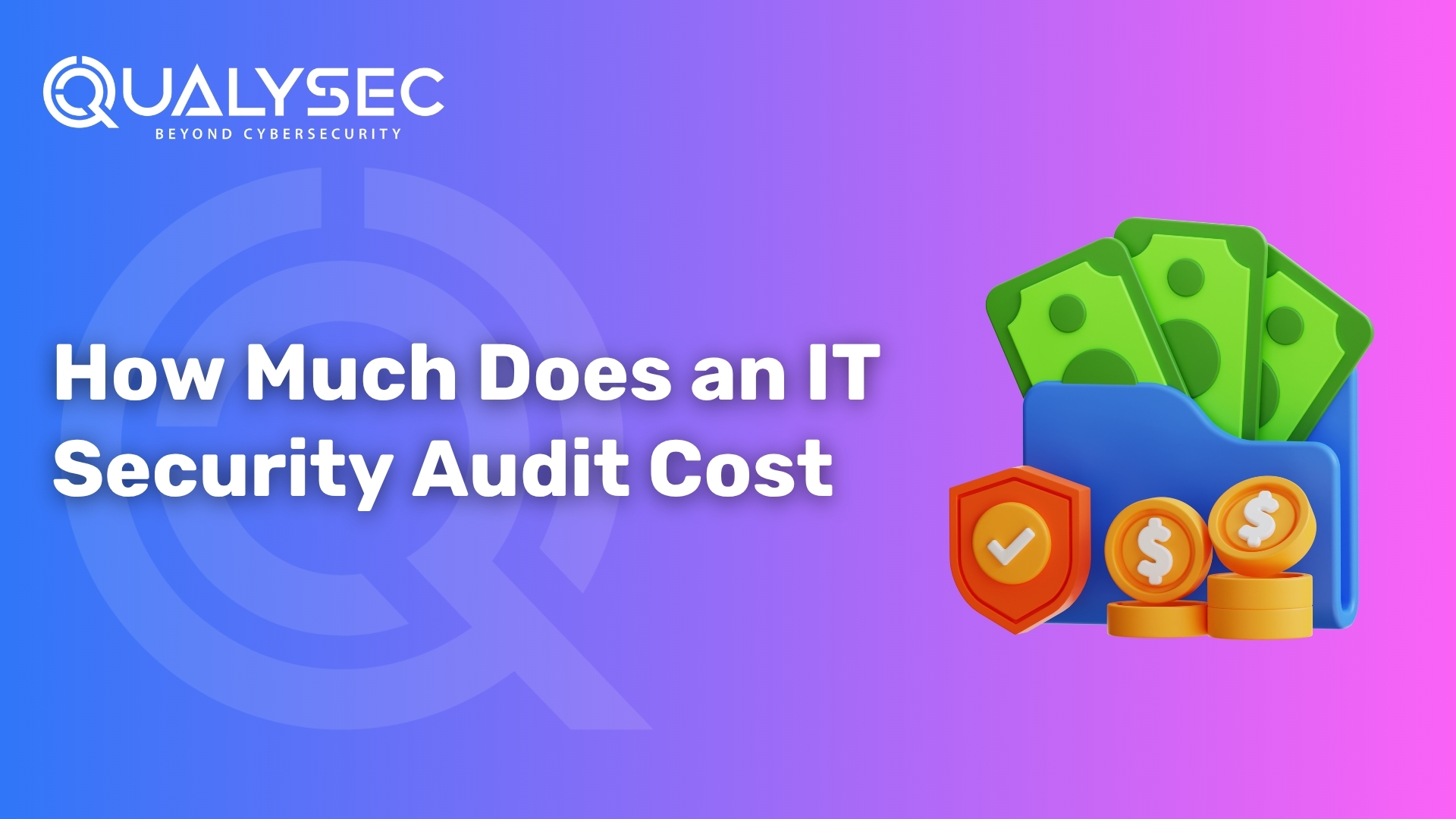
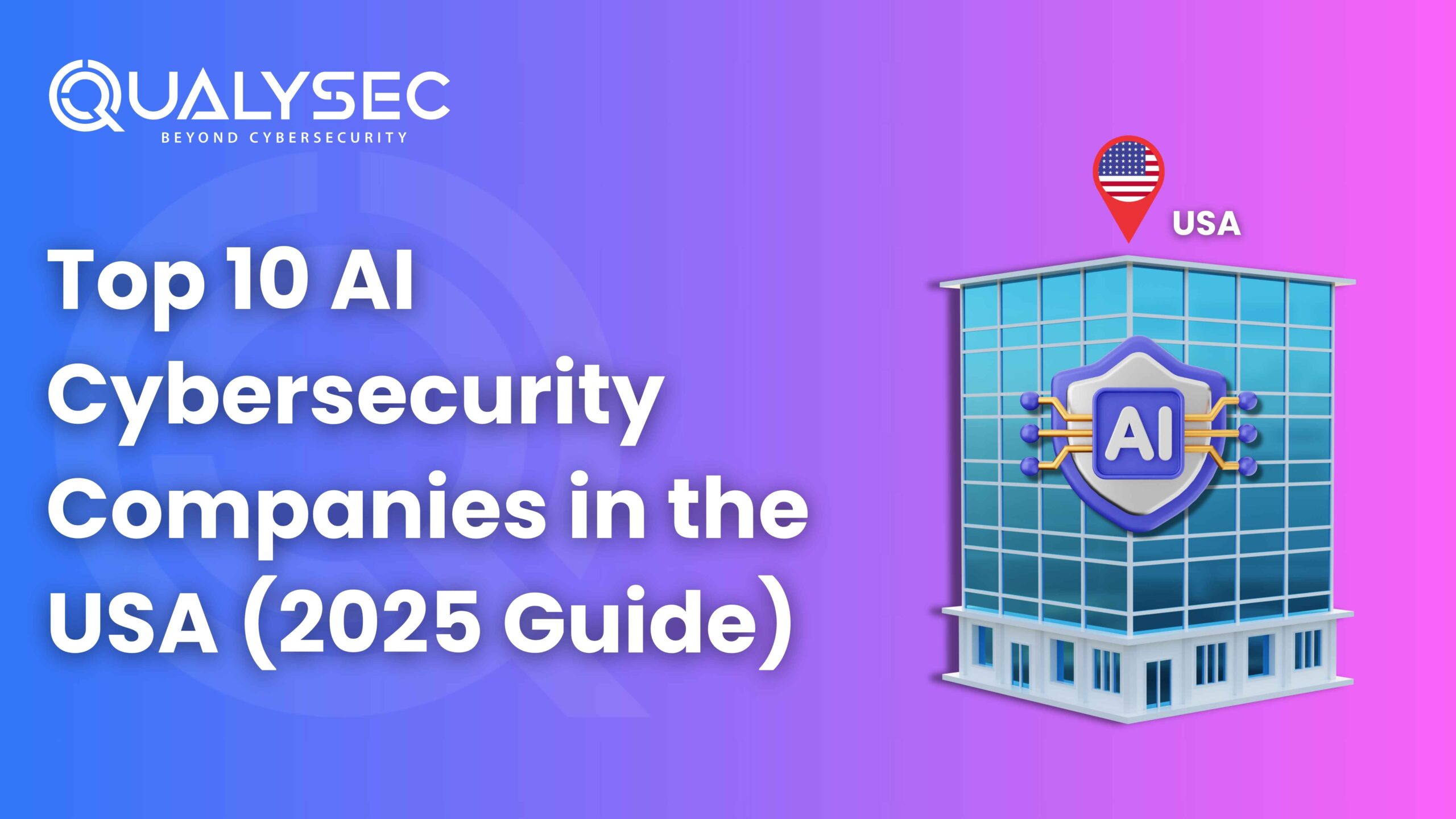
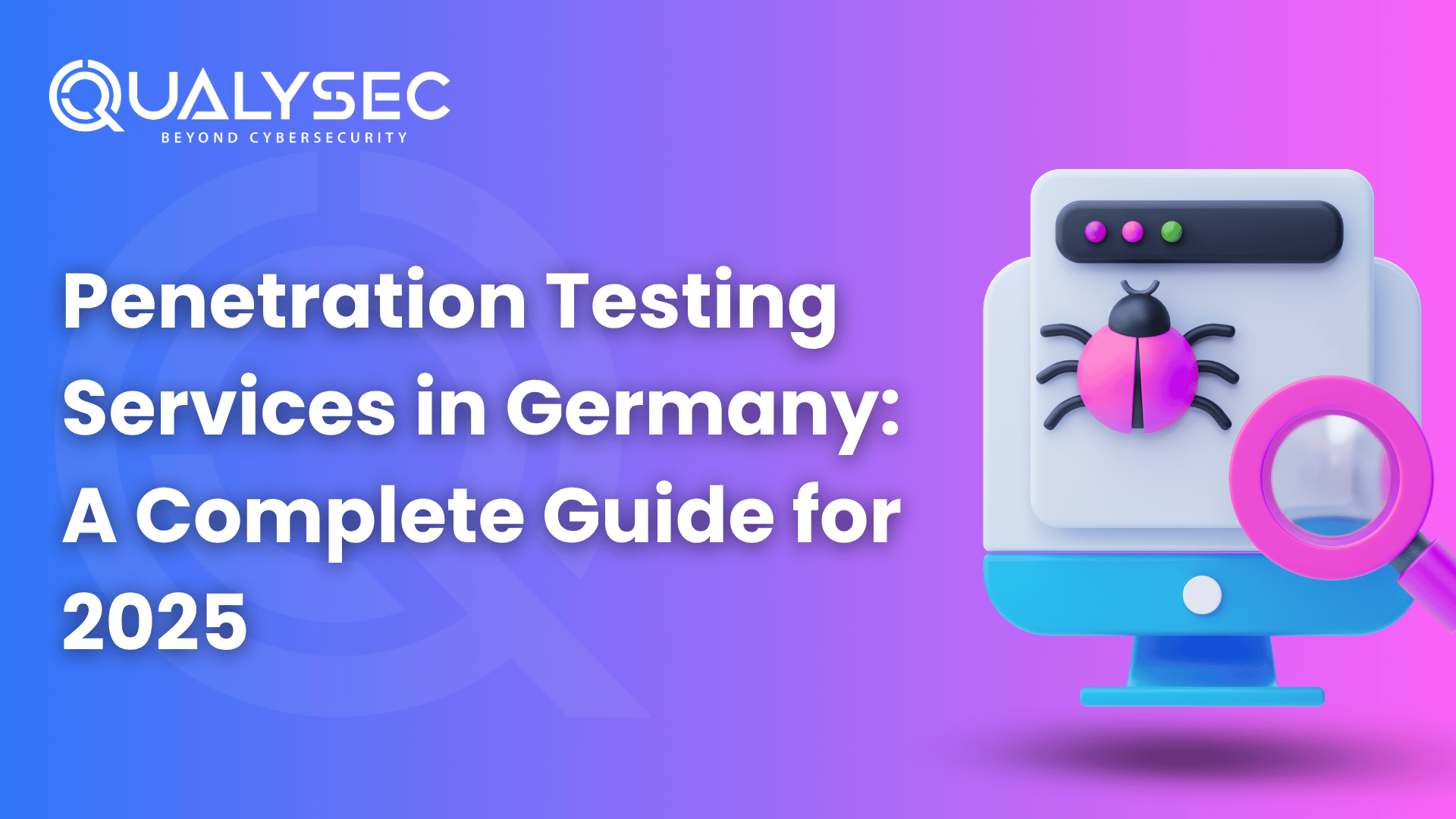
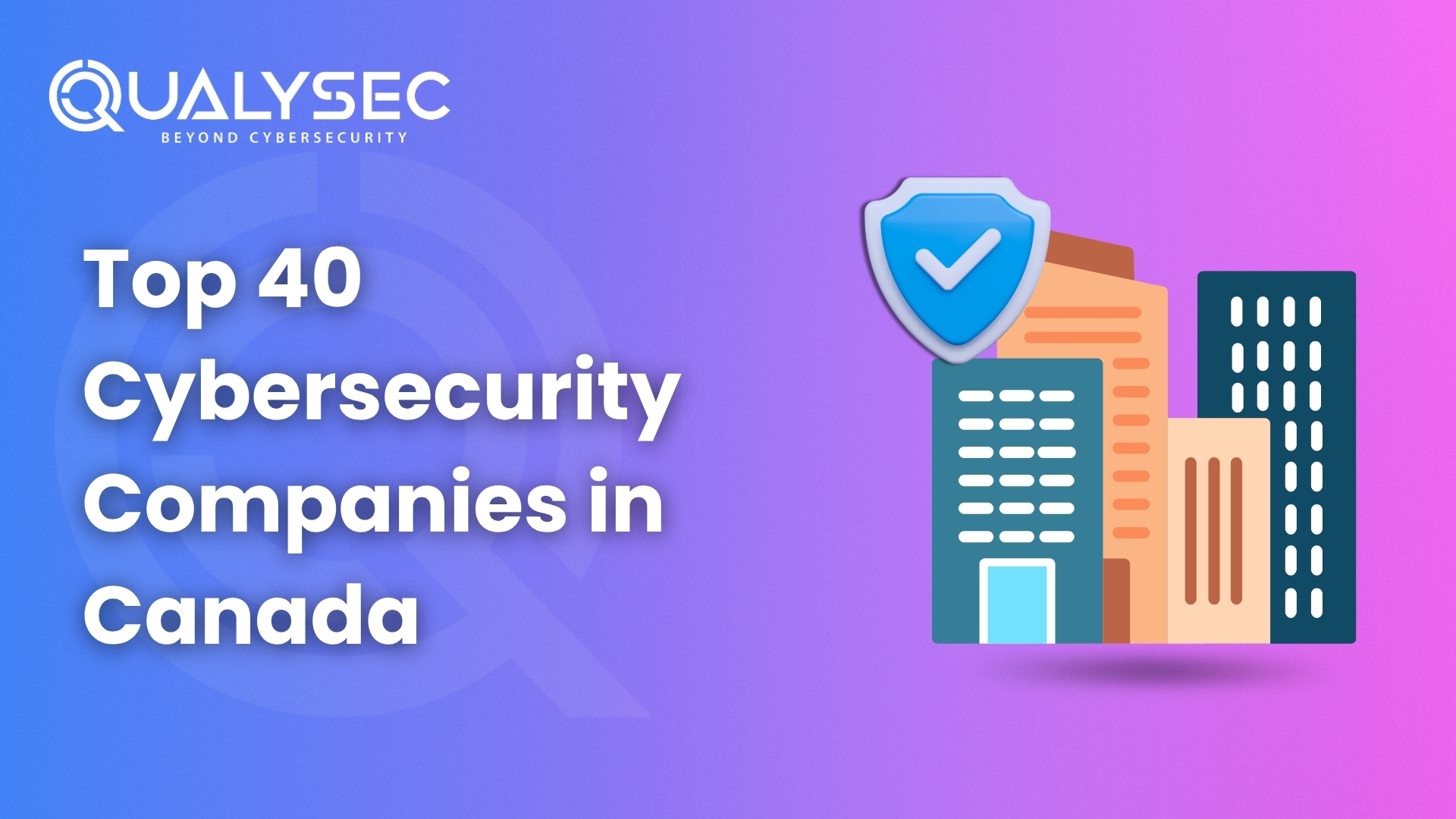
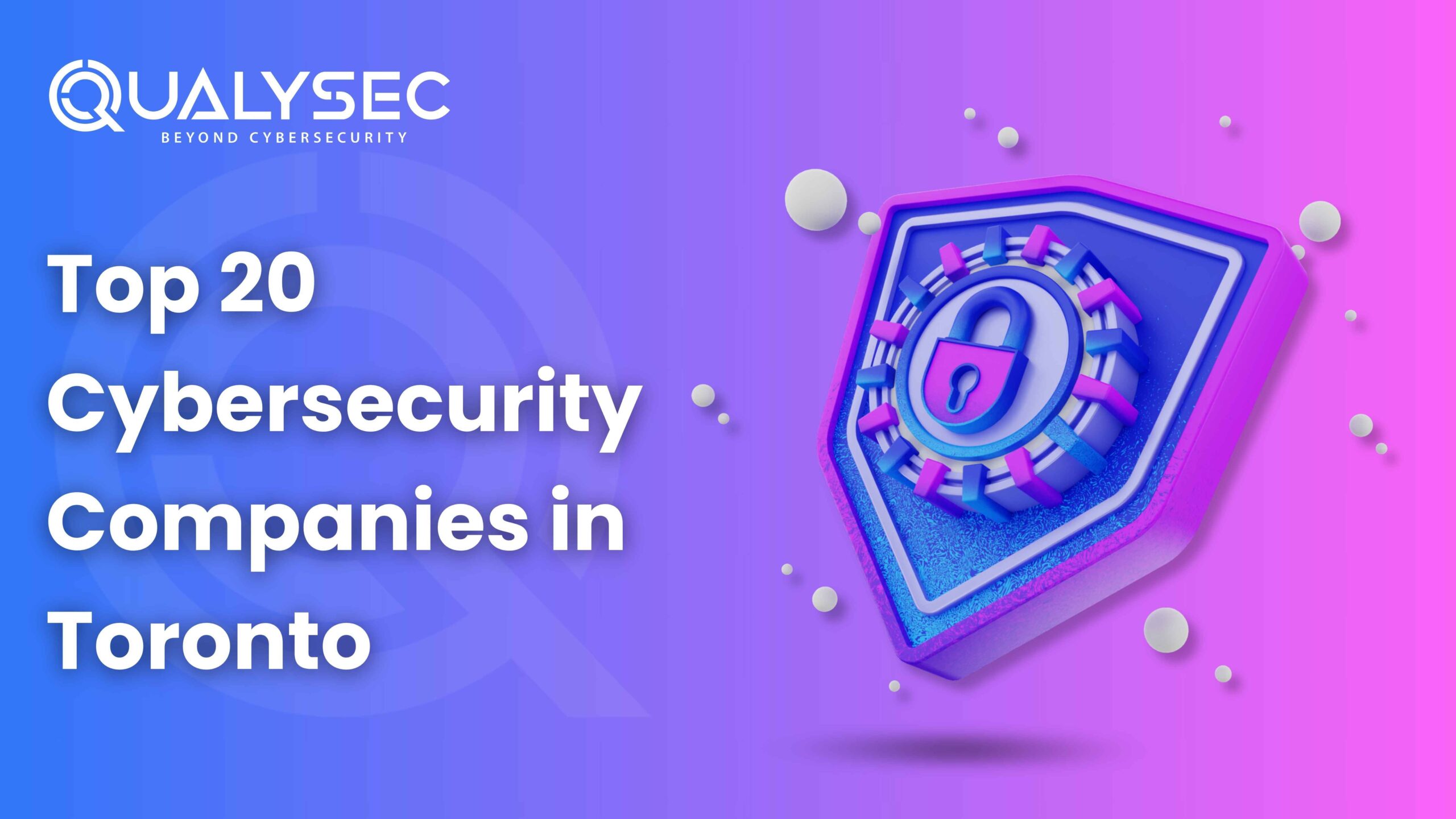
![Top 20 Network Security Companies in USA [2025 Updated List]](https://qualysec.com/wp-content/uploads/2025/05/Top-20-Network-Security-Companies-in-USA-2025-Updated-List-scaled.jpg)
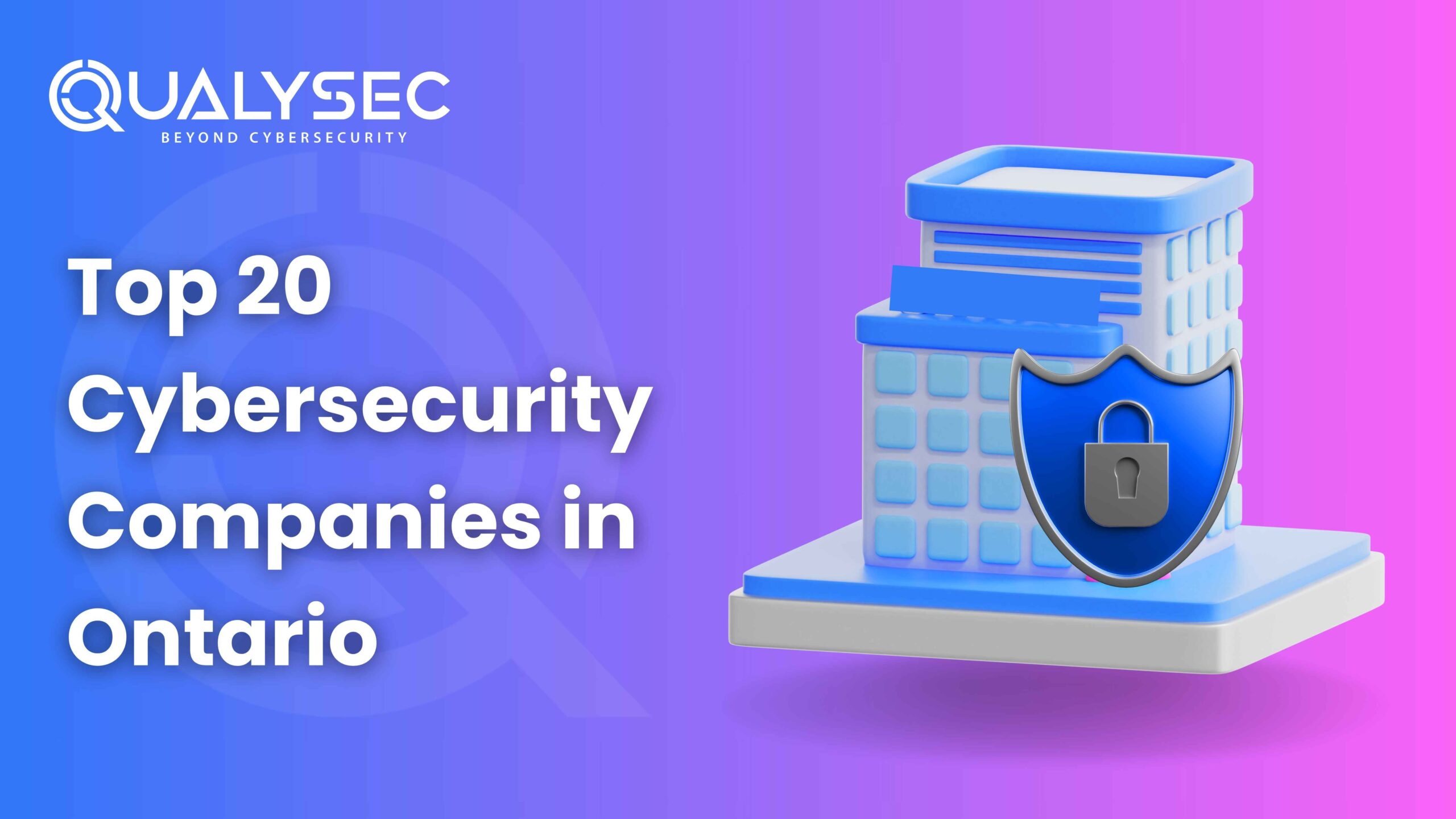
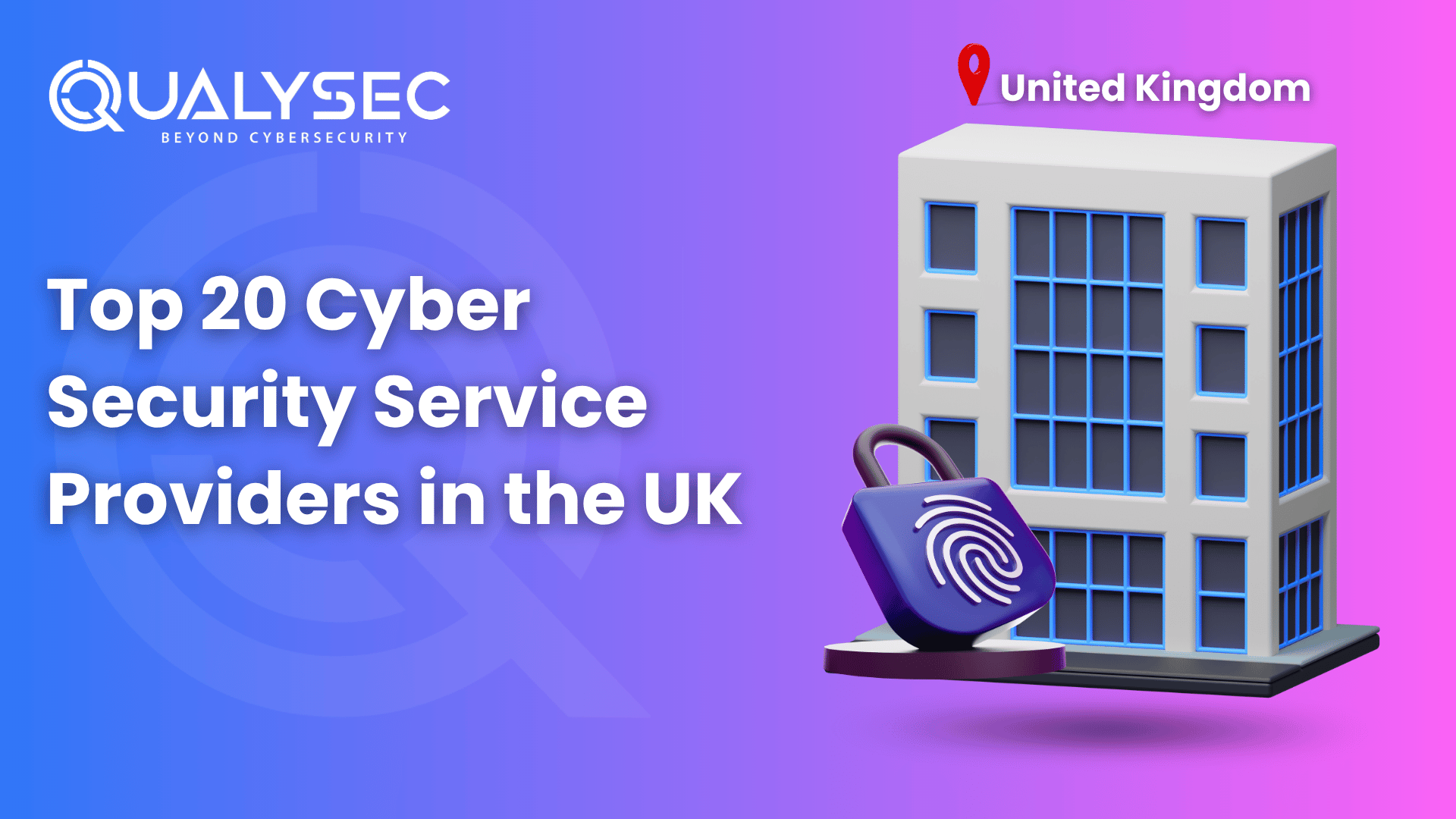
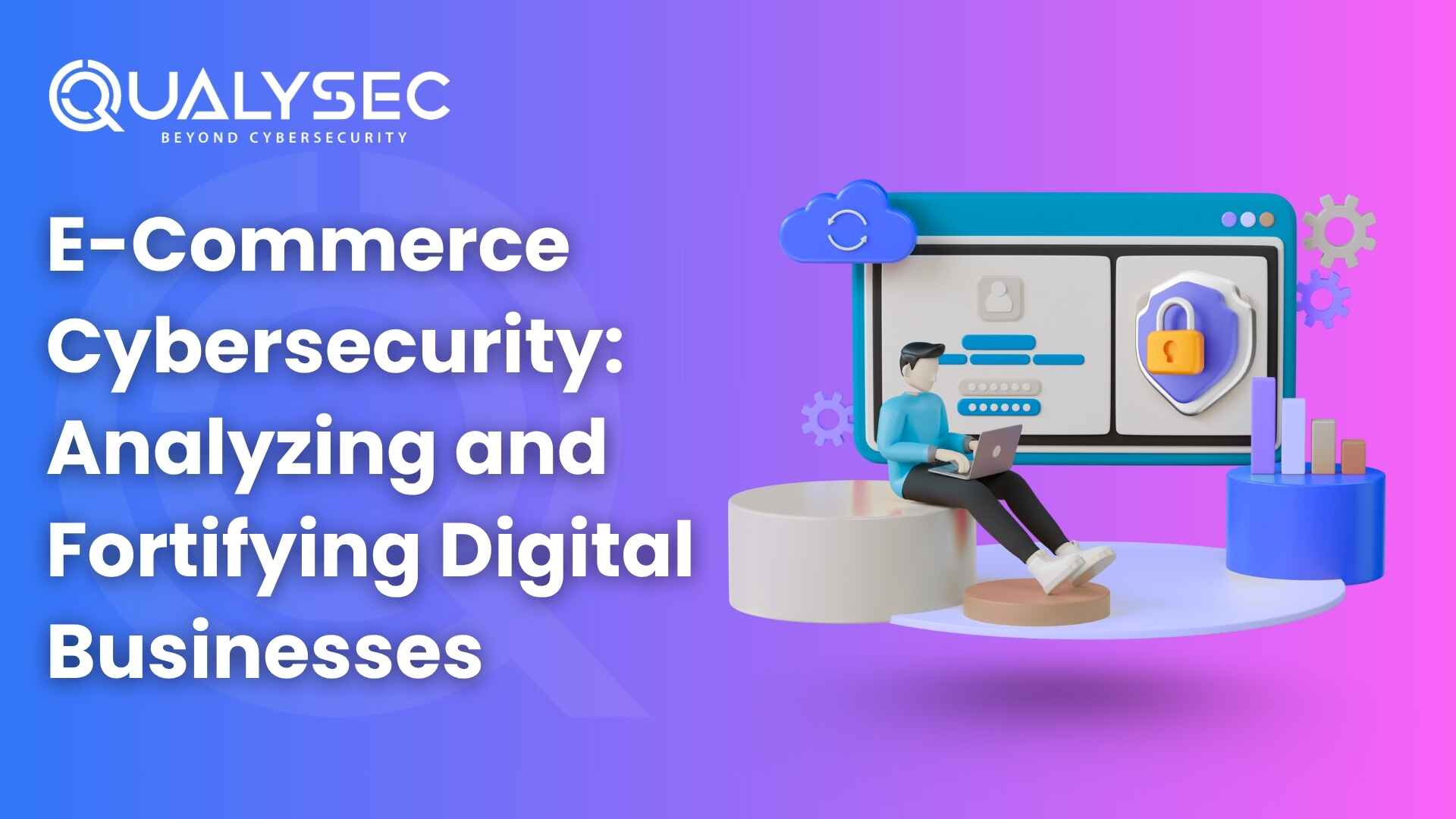
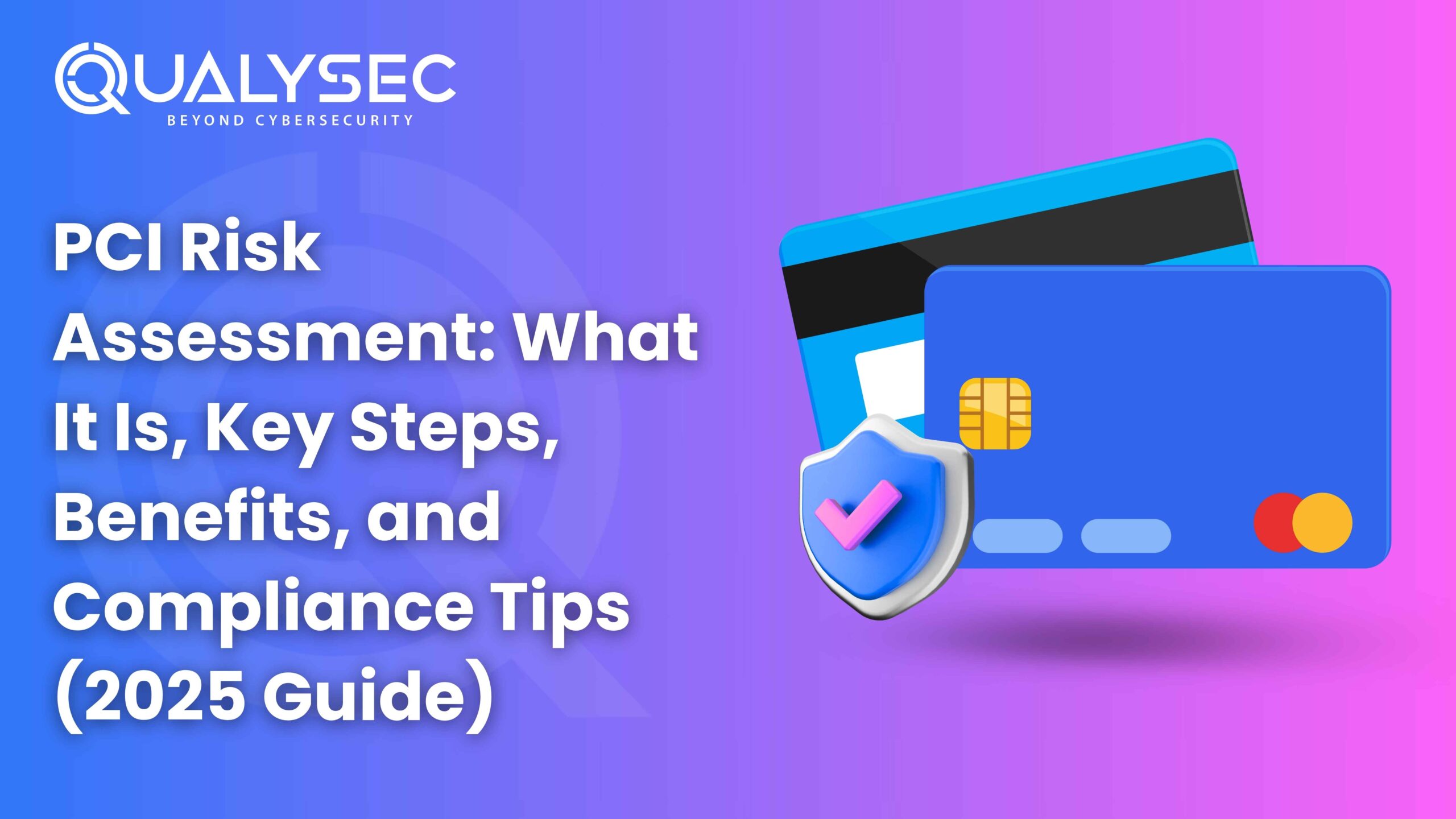
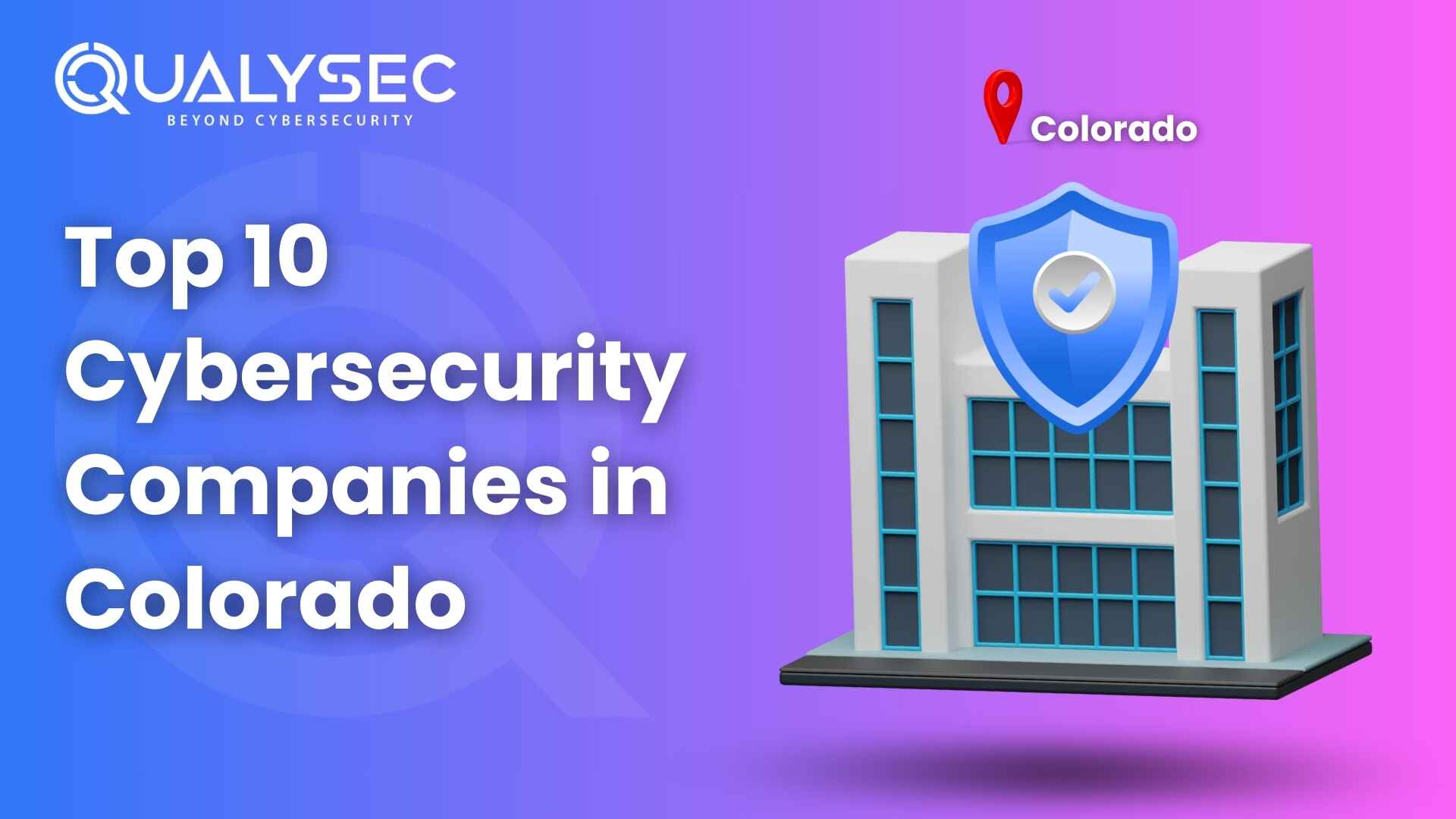































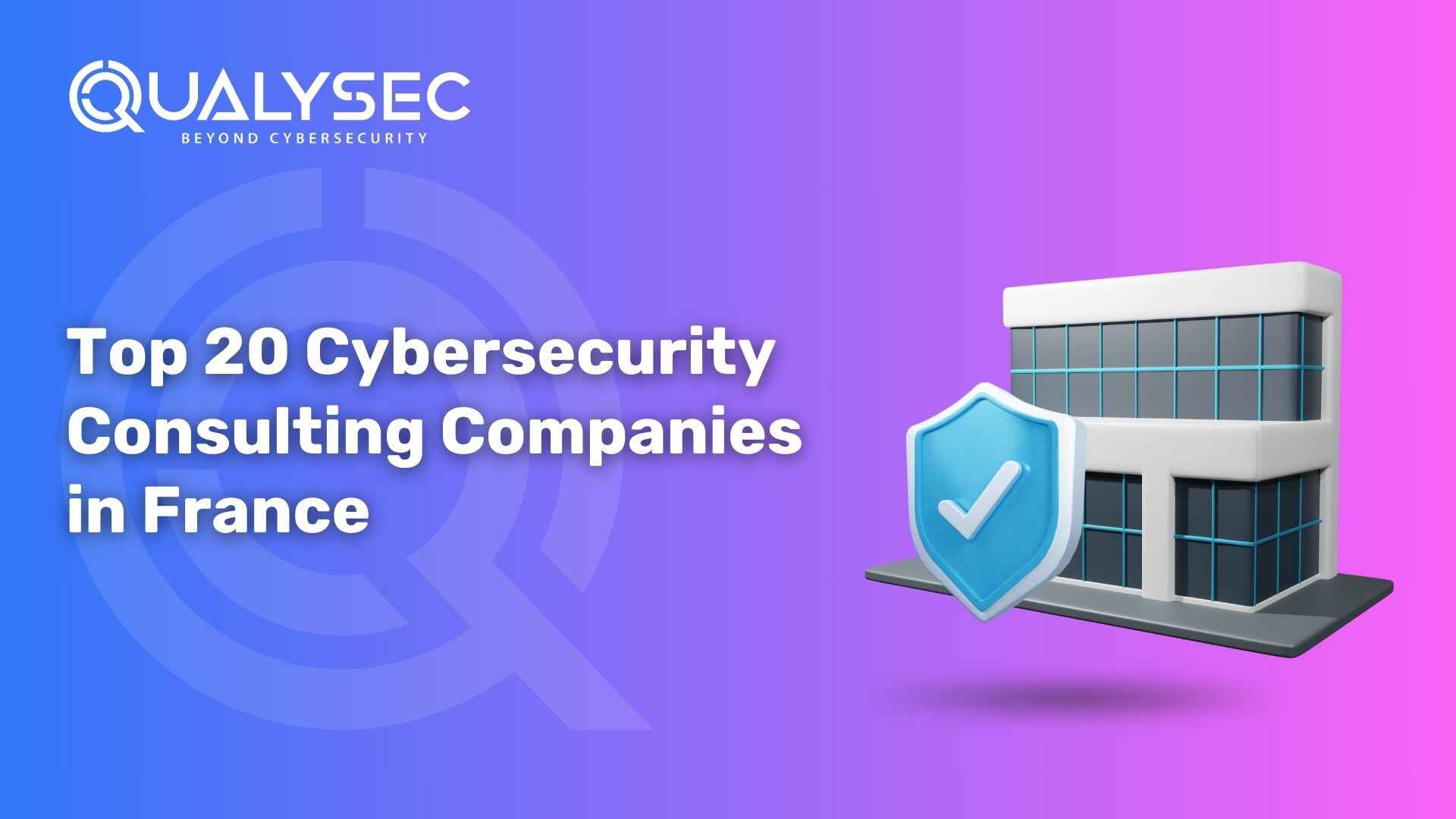












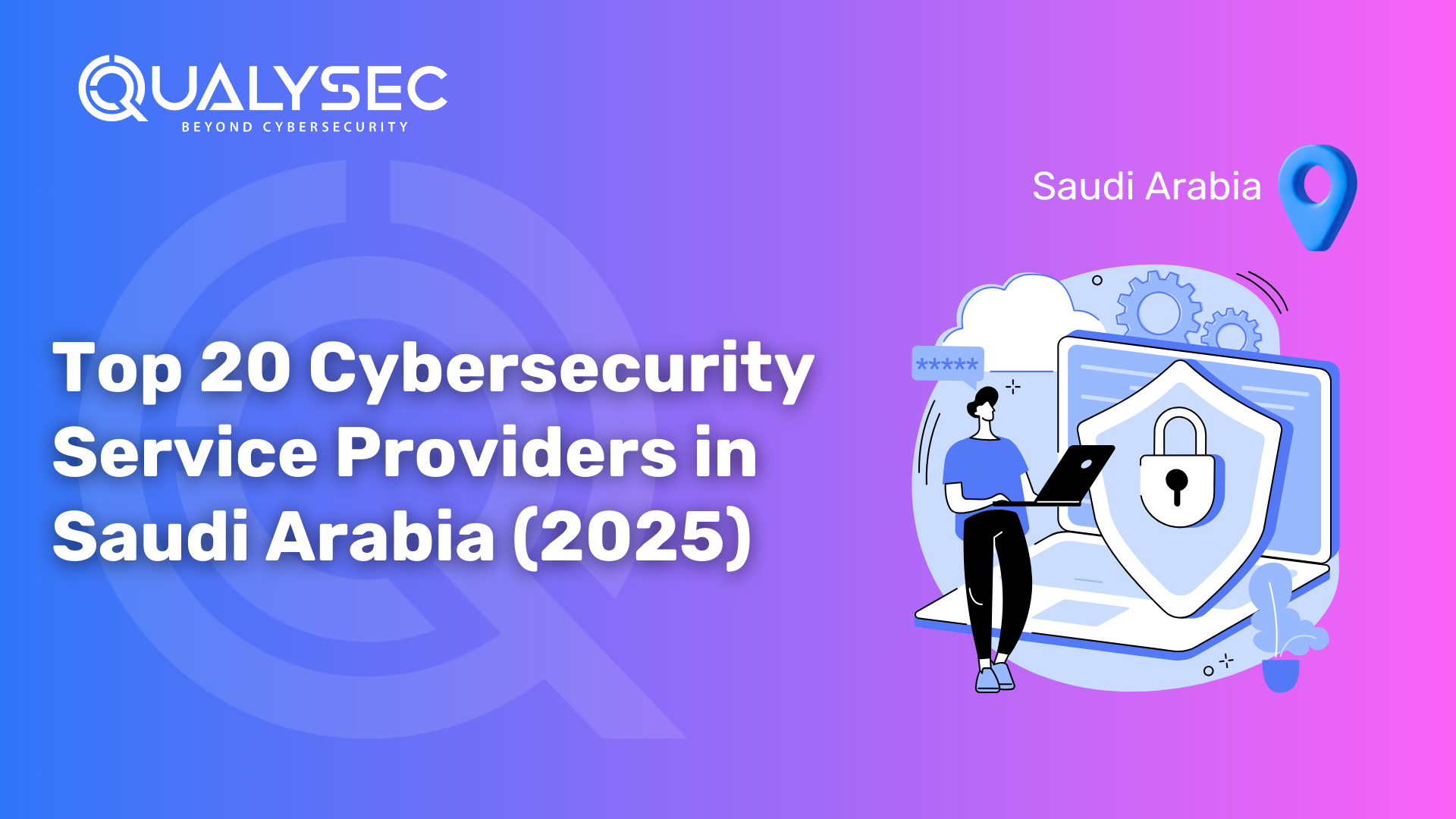
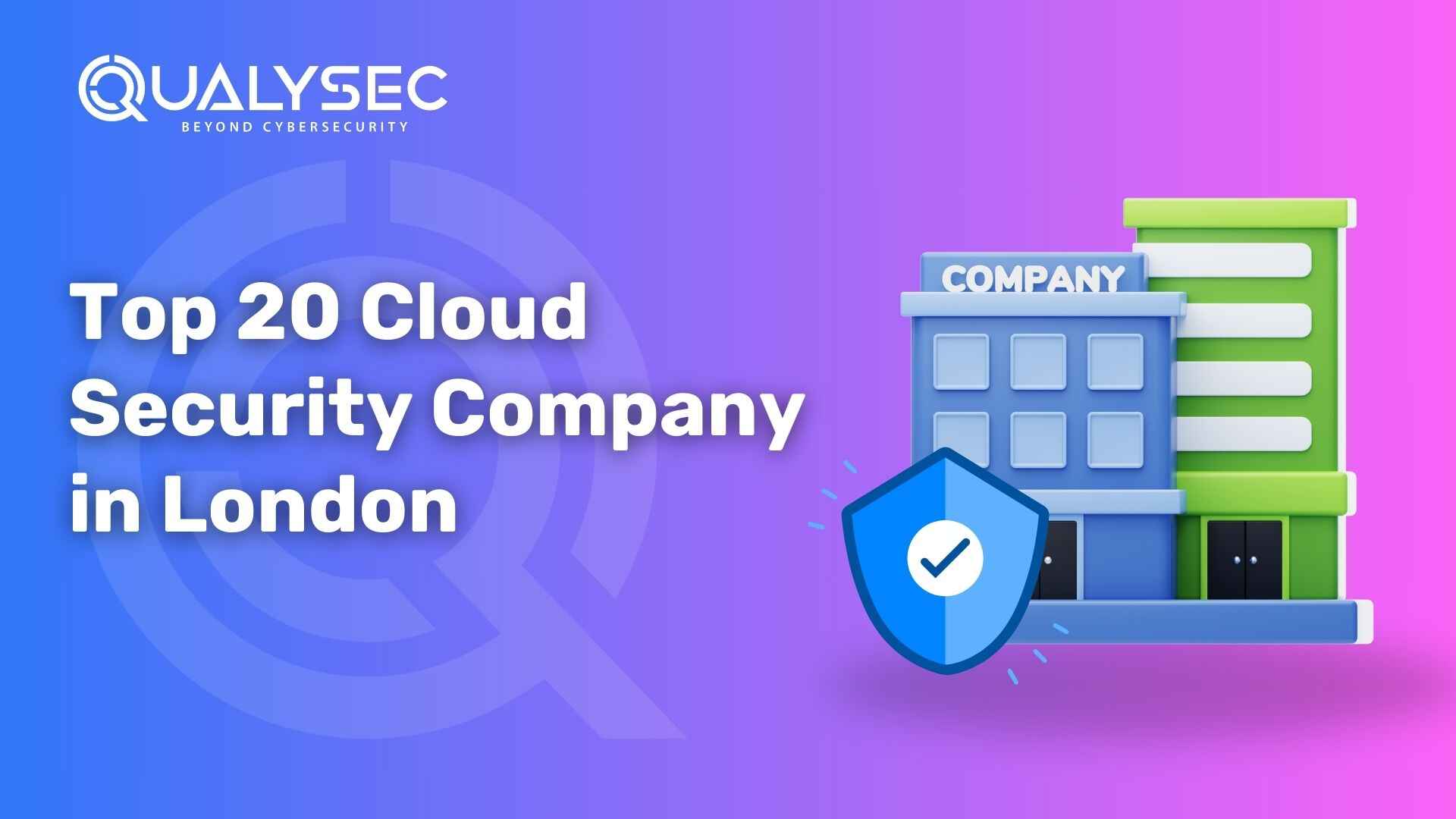









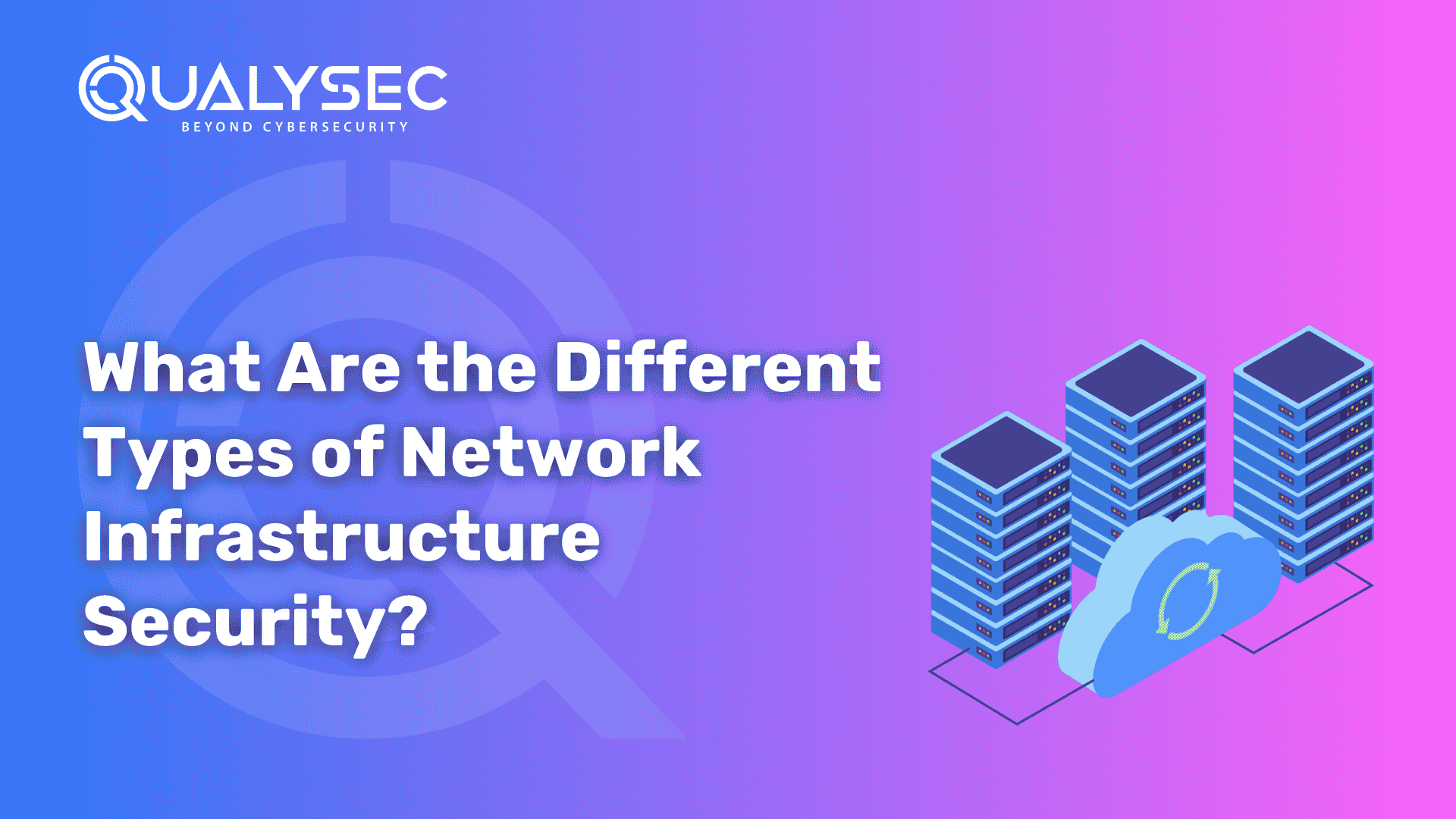








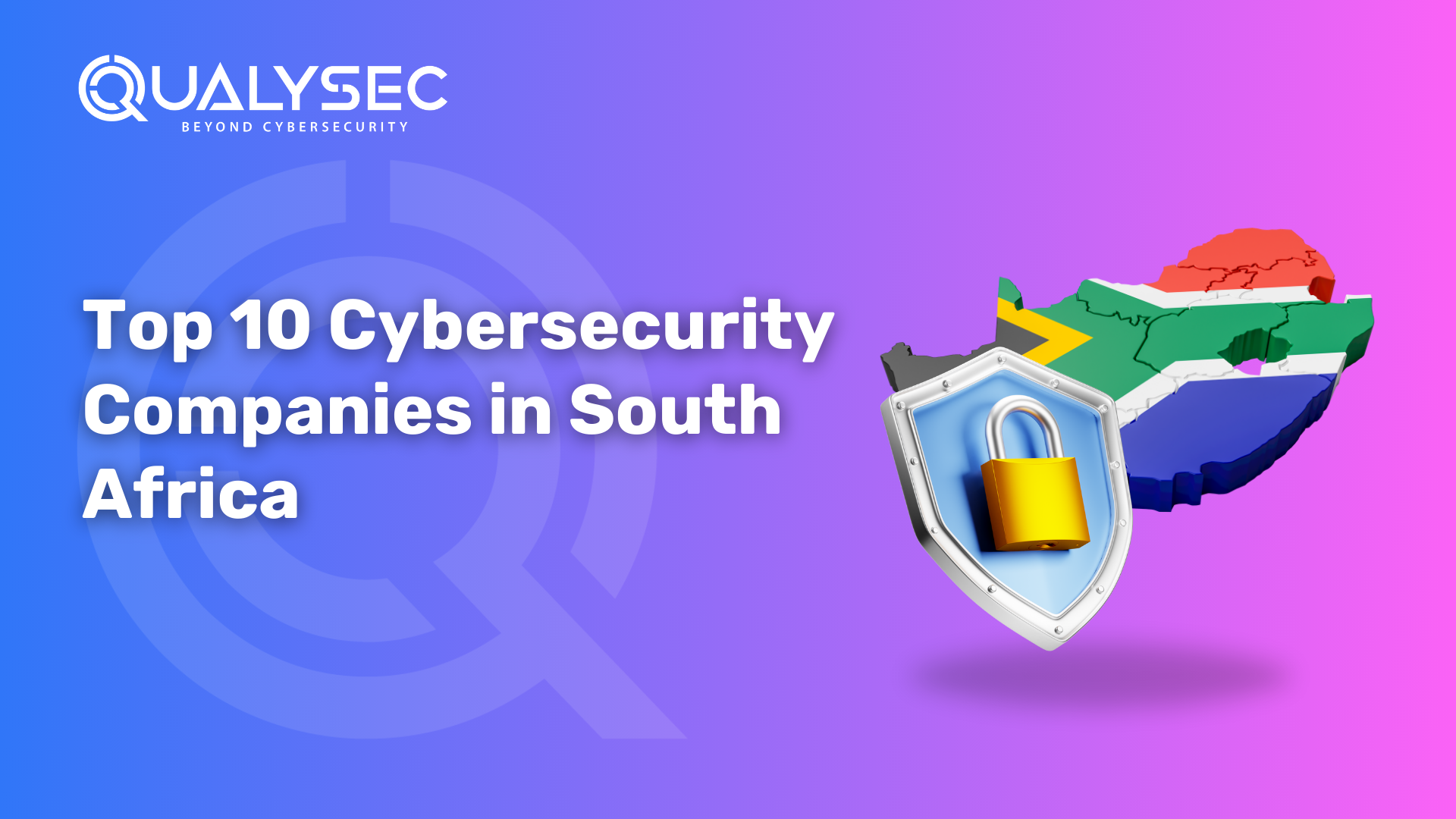







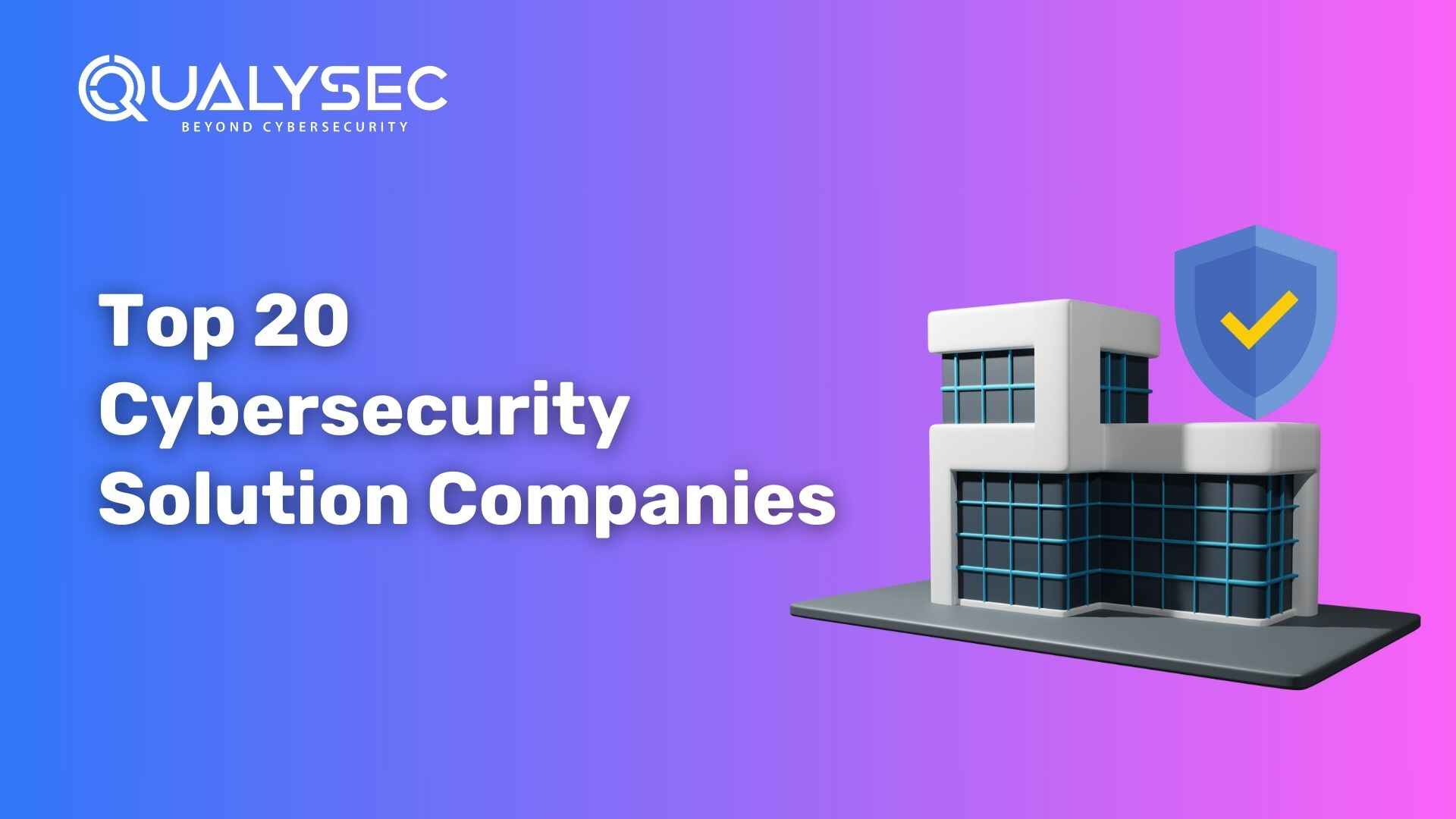























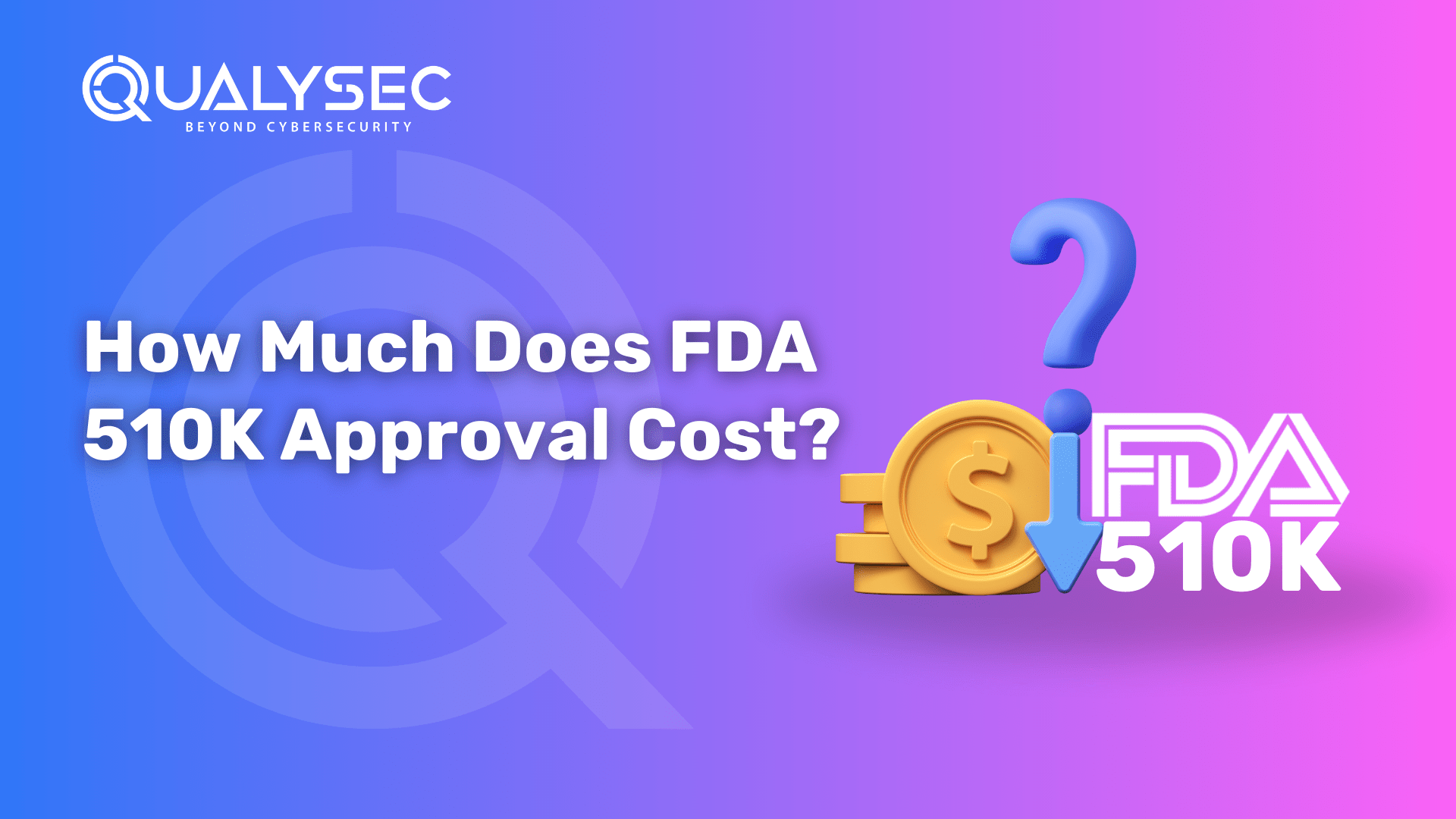
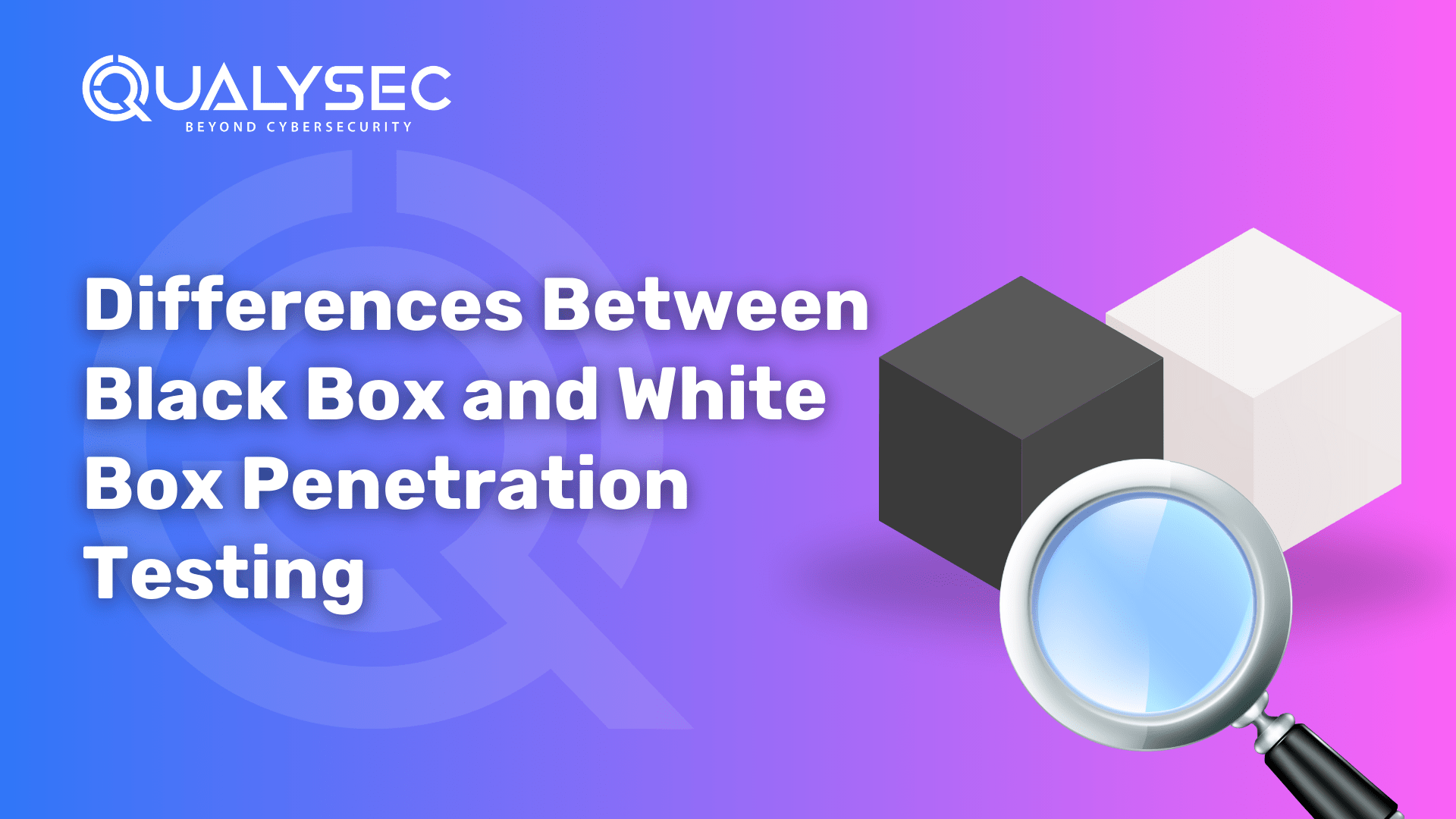











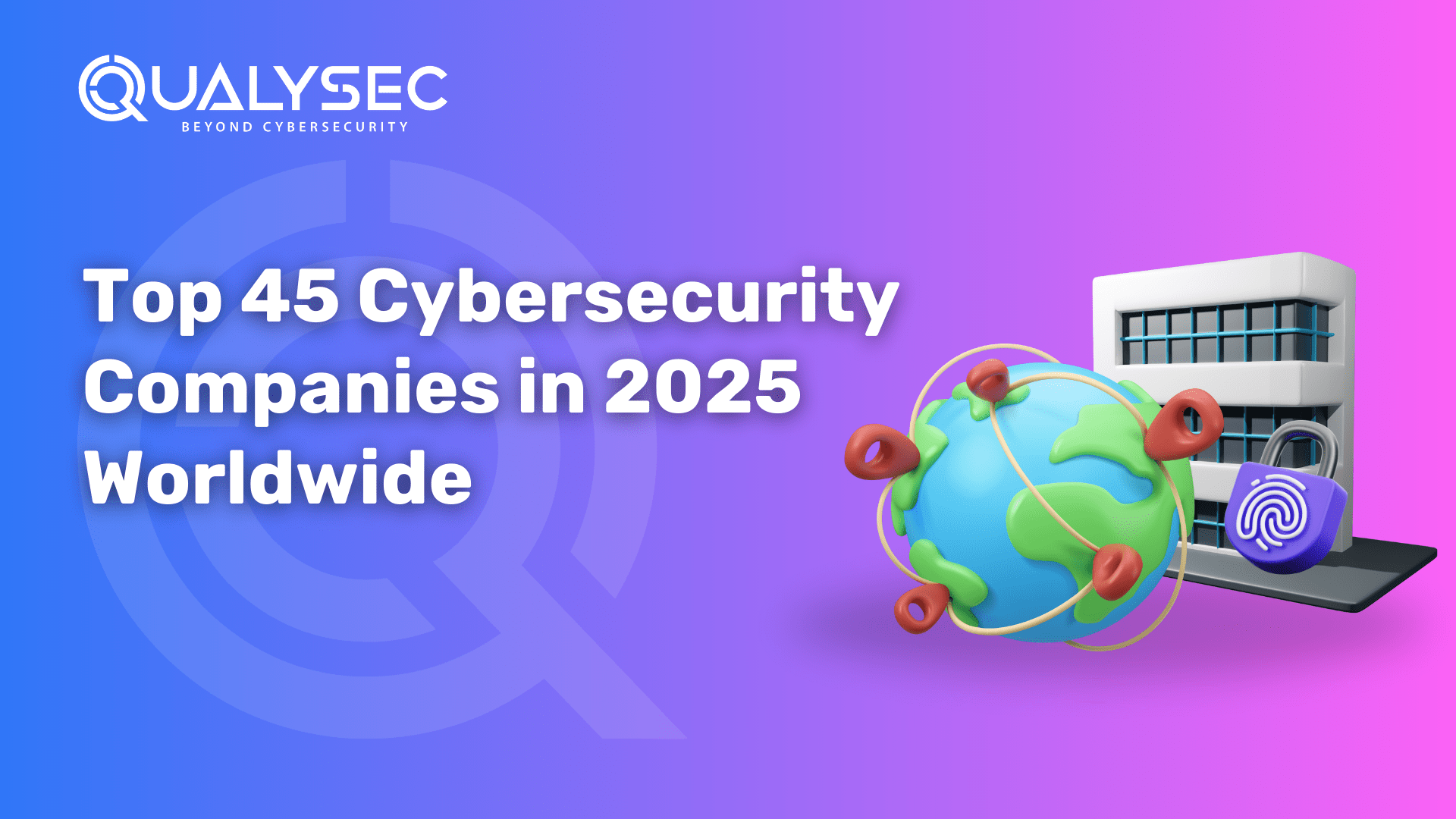












































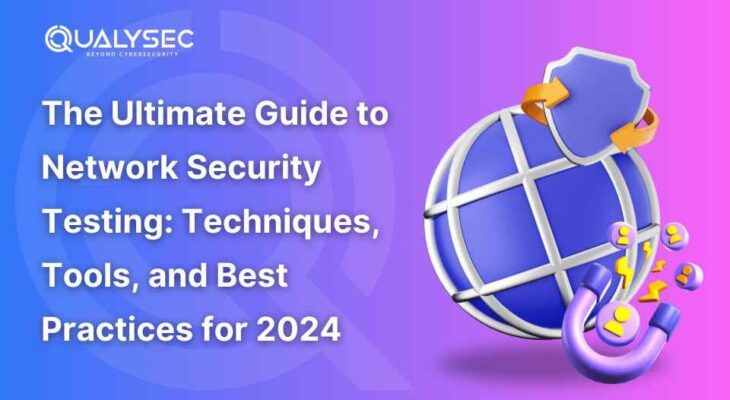






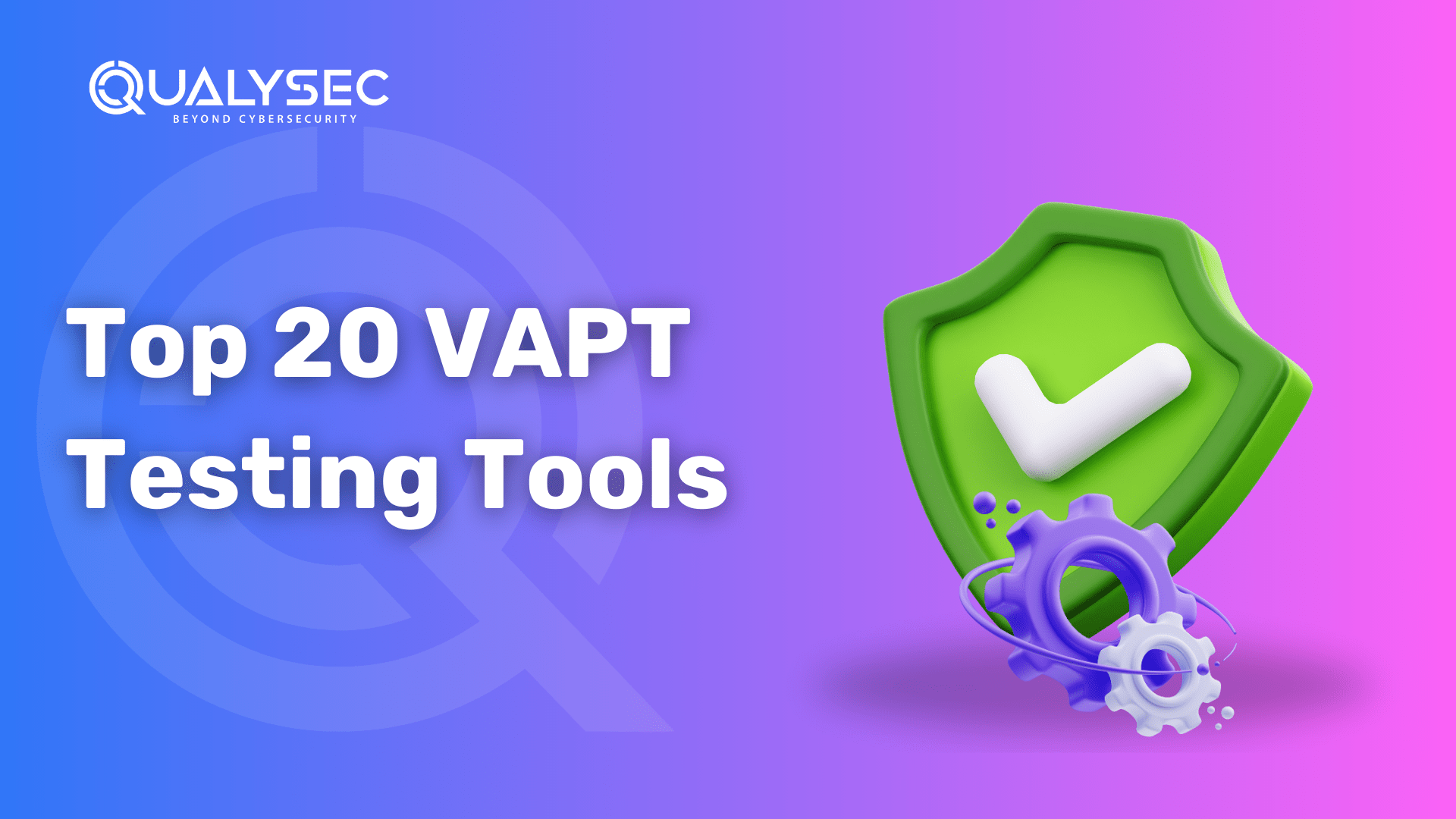


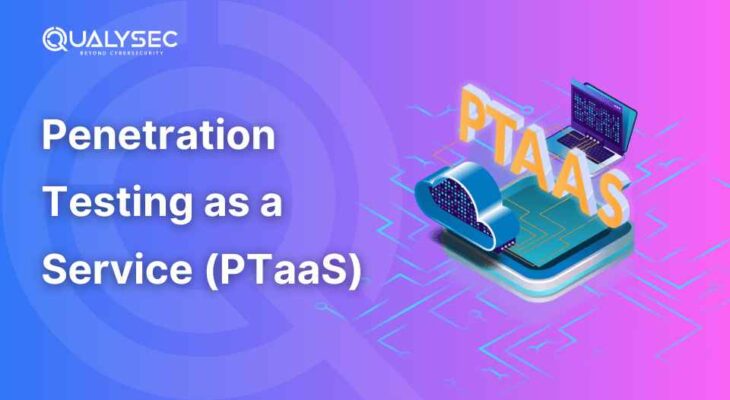

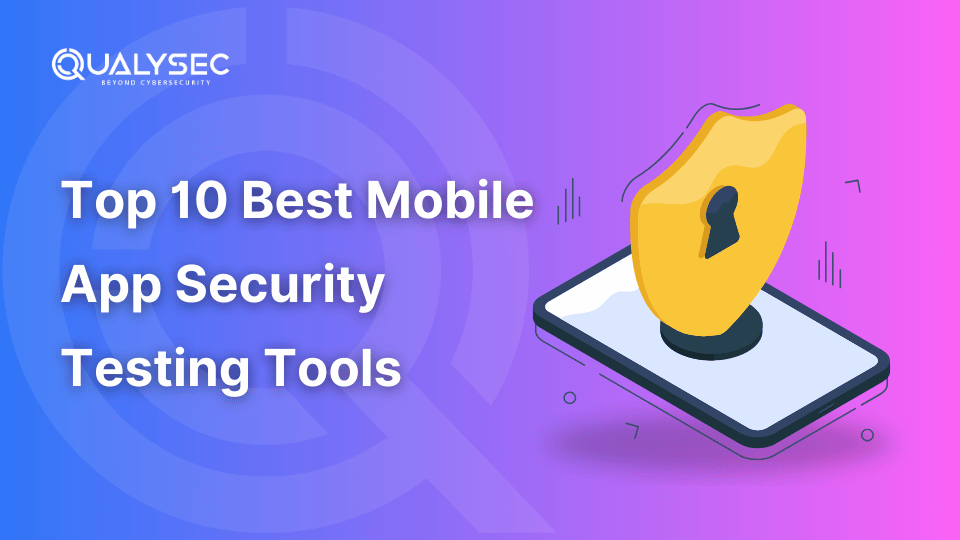


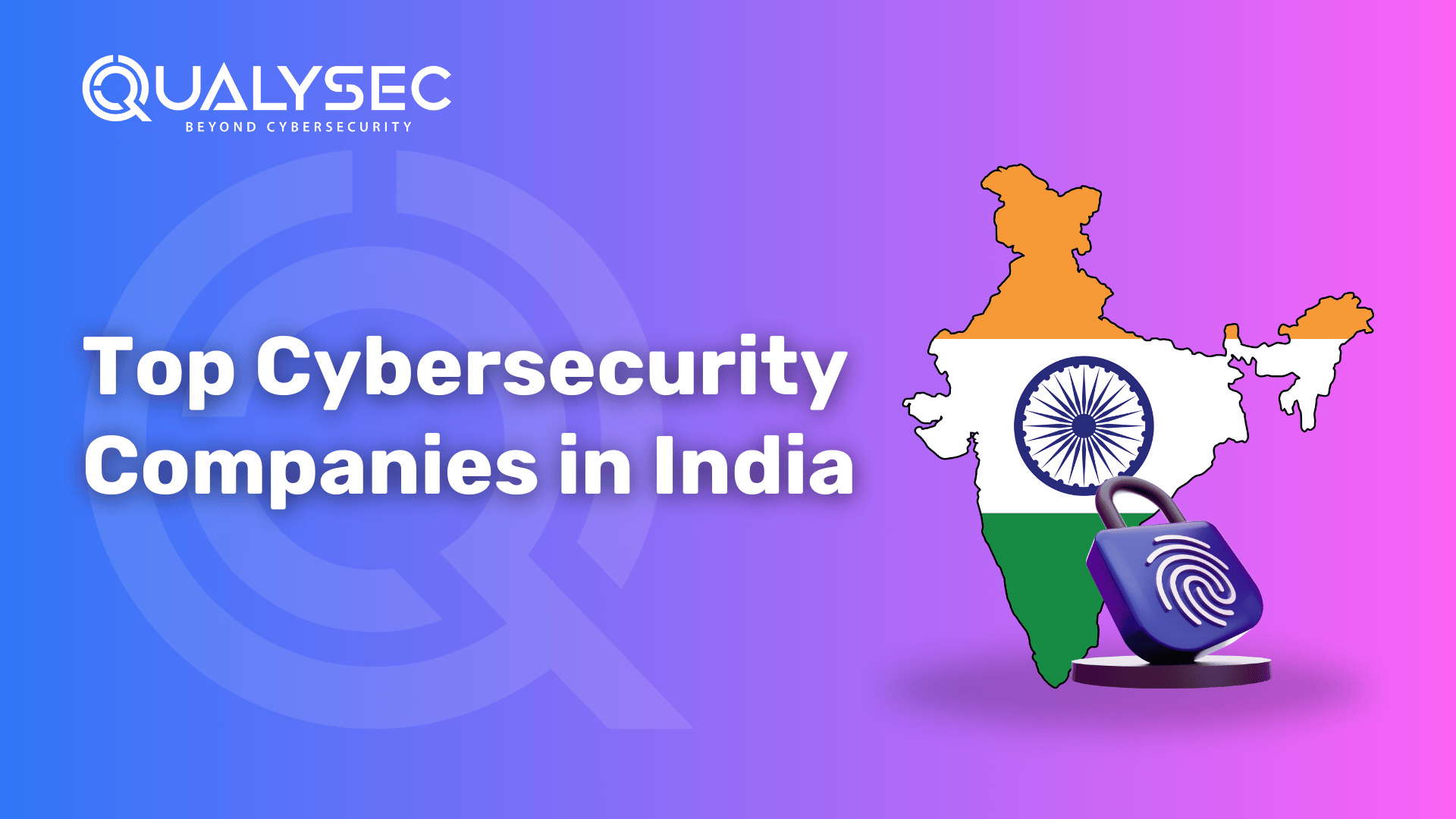
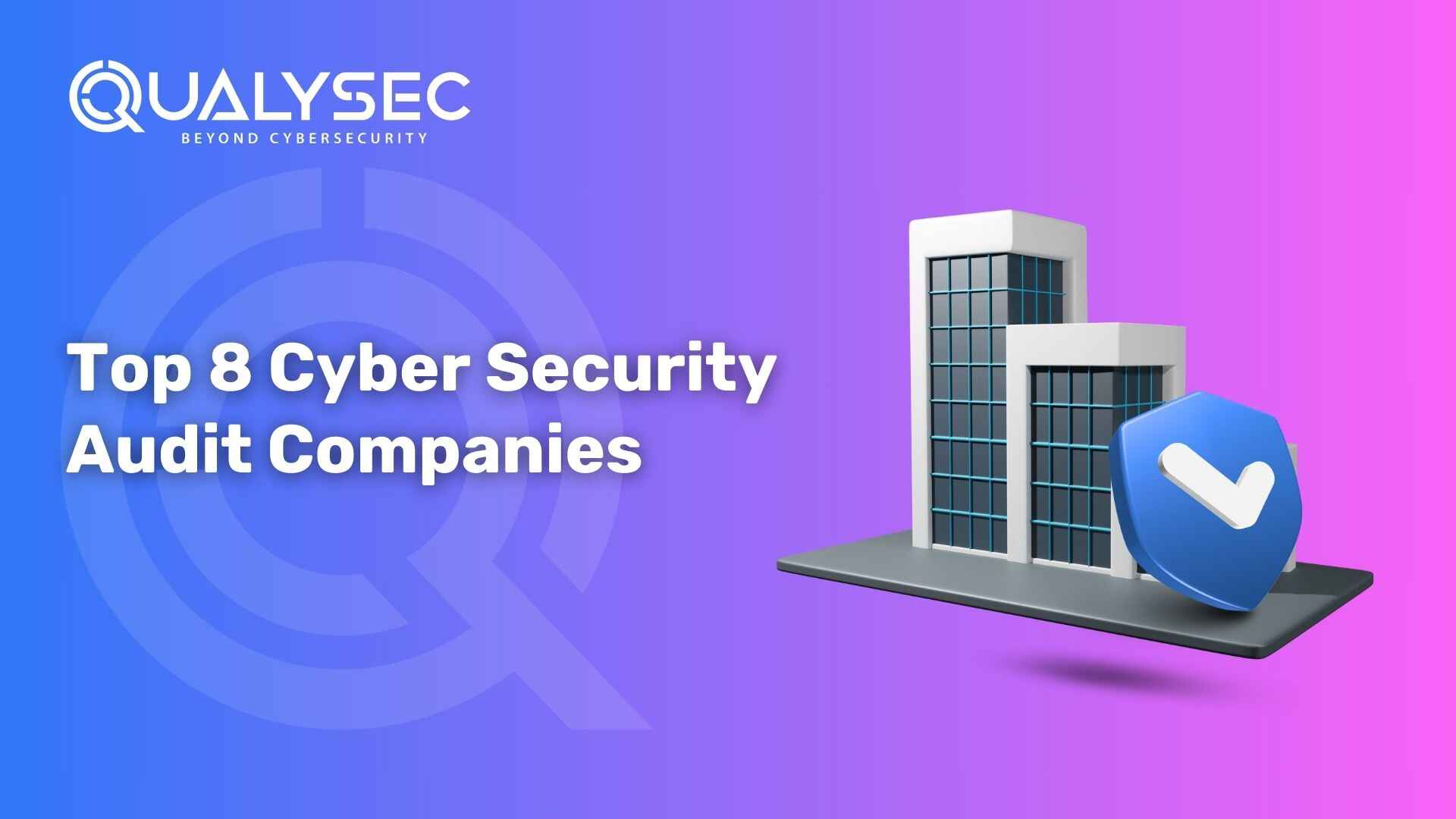
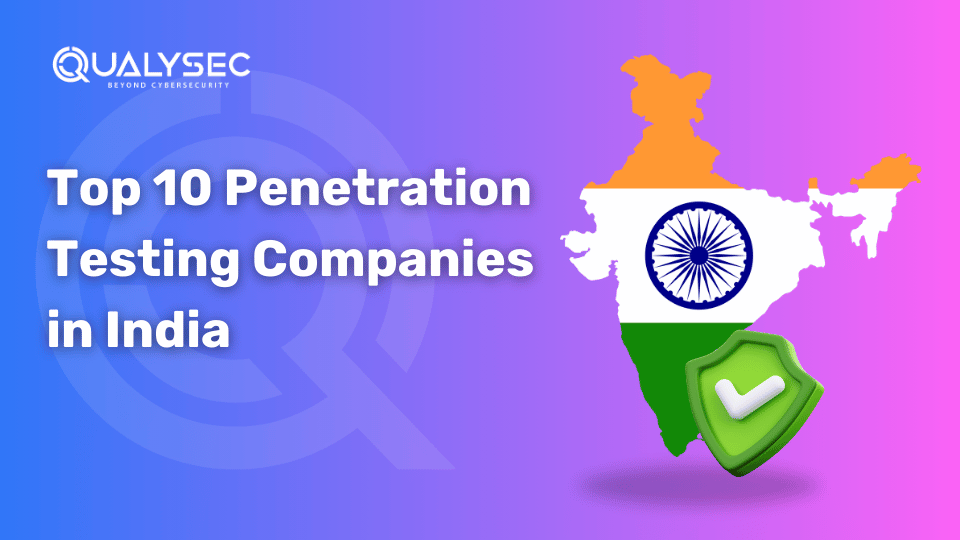






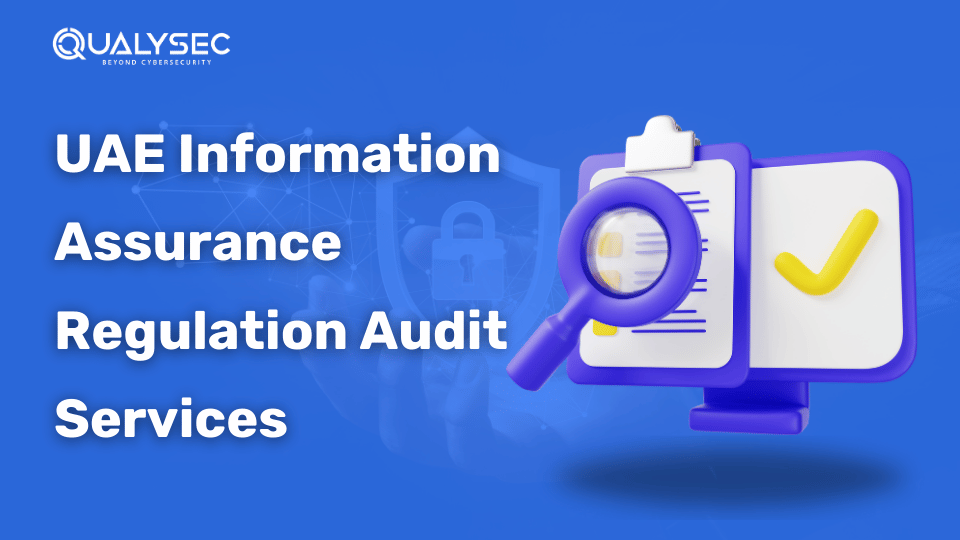










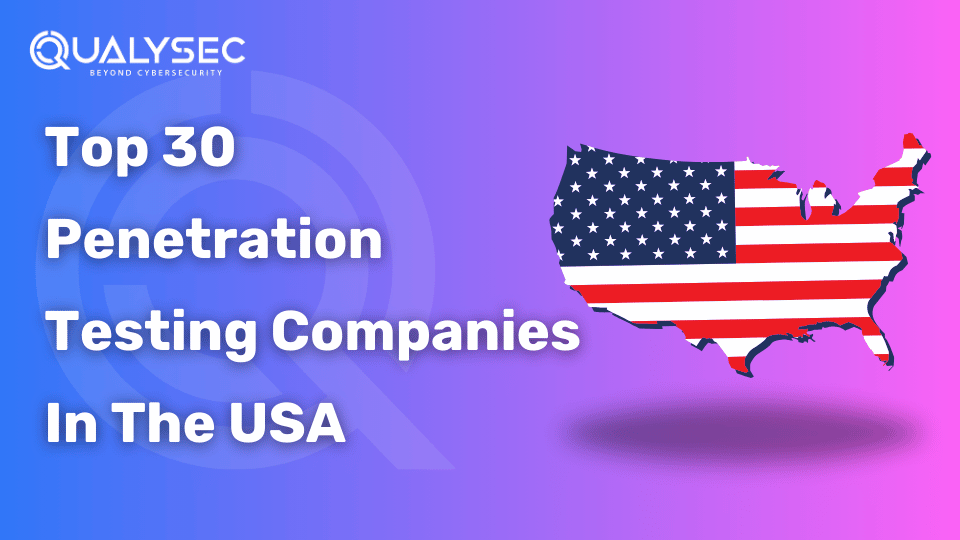
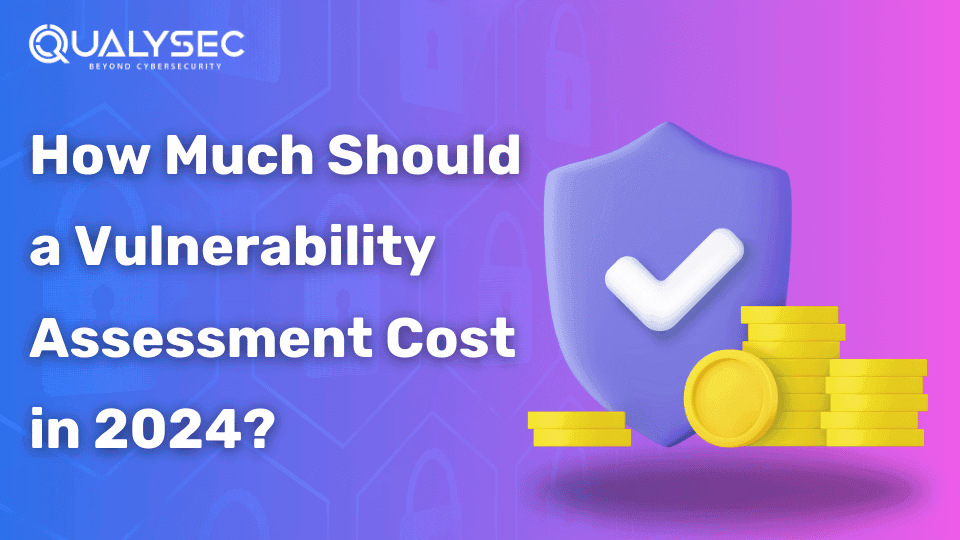








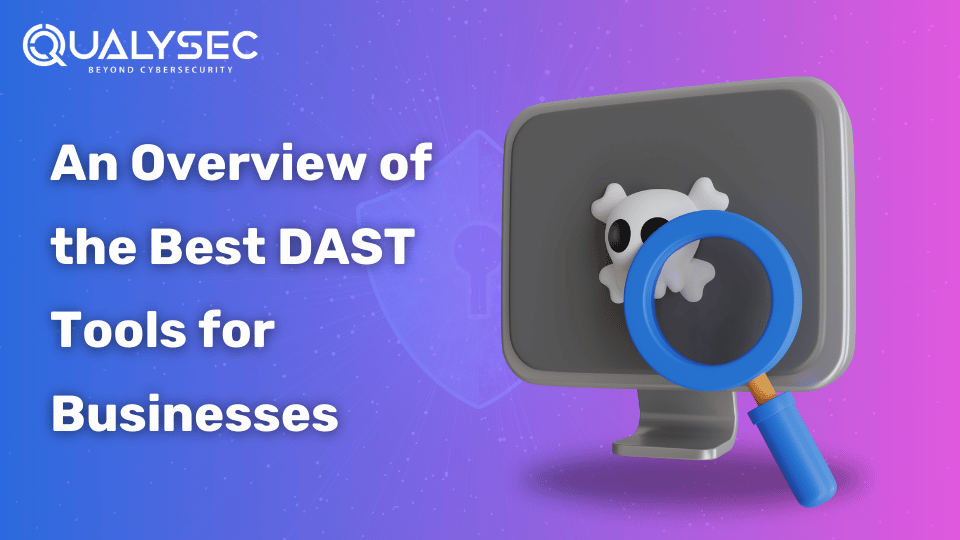










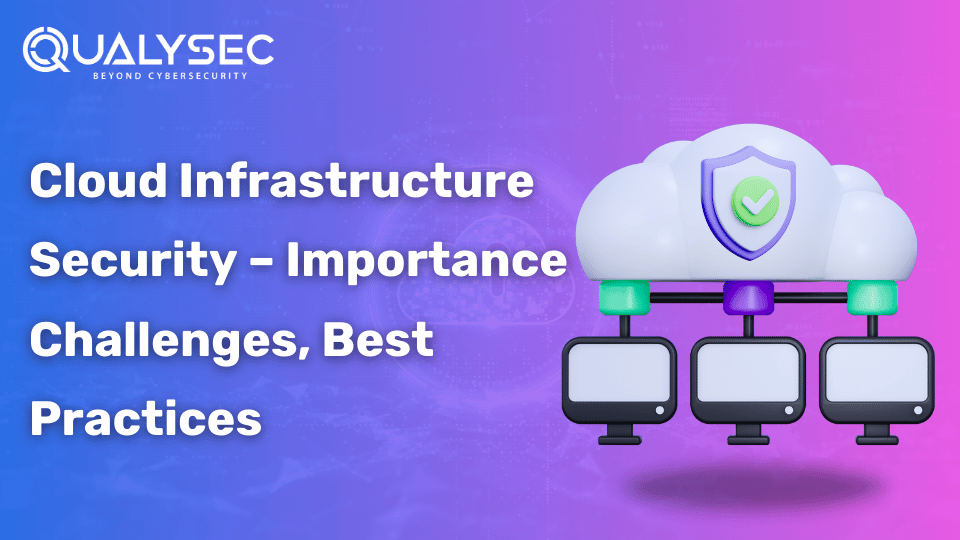

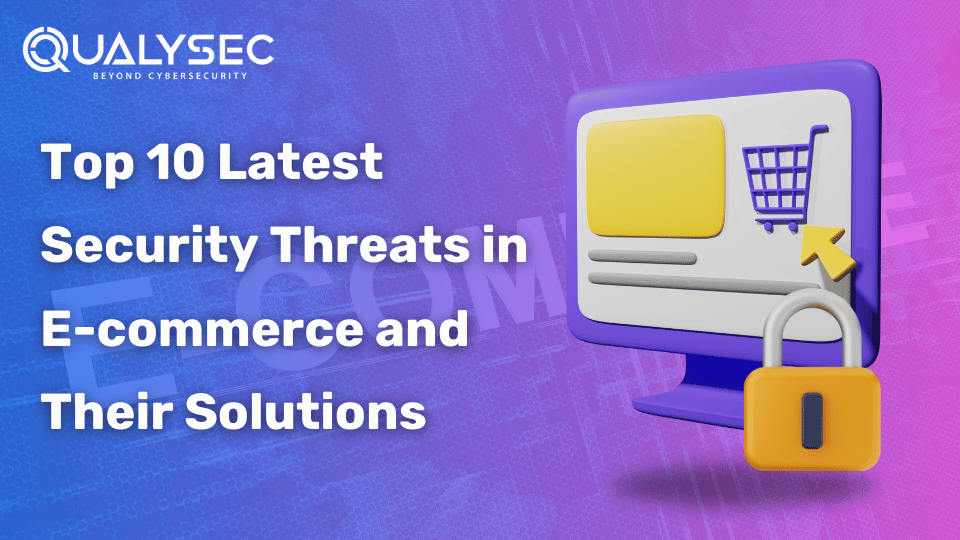
















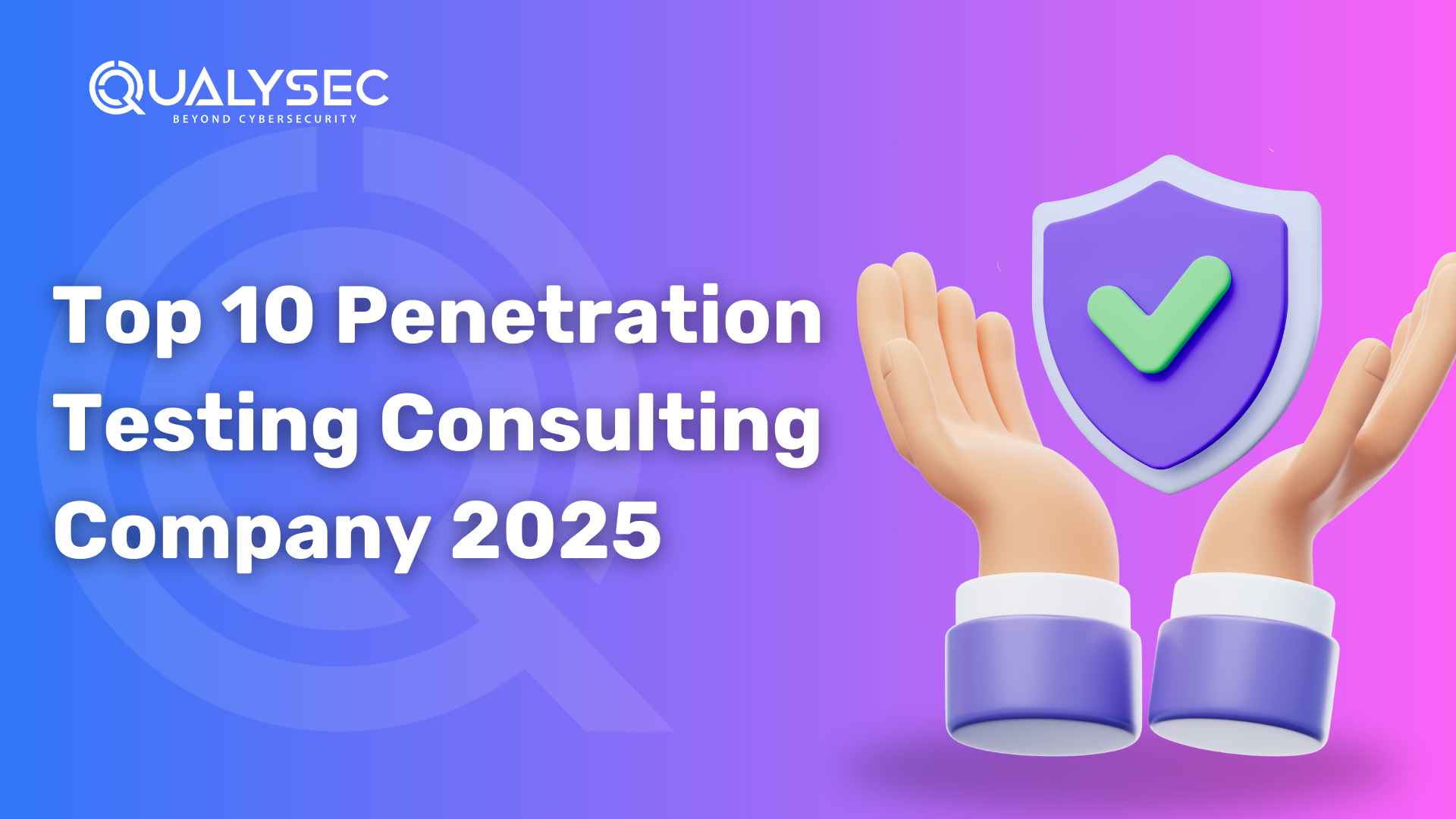
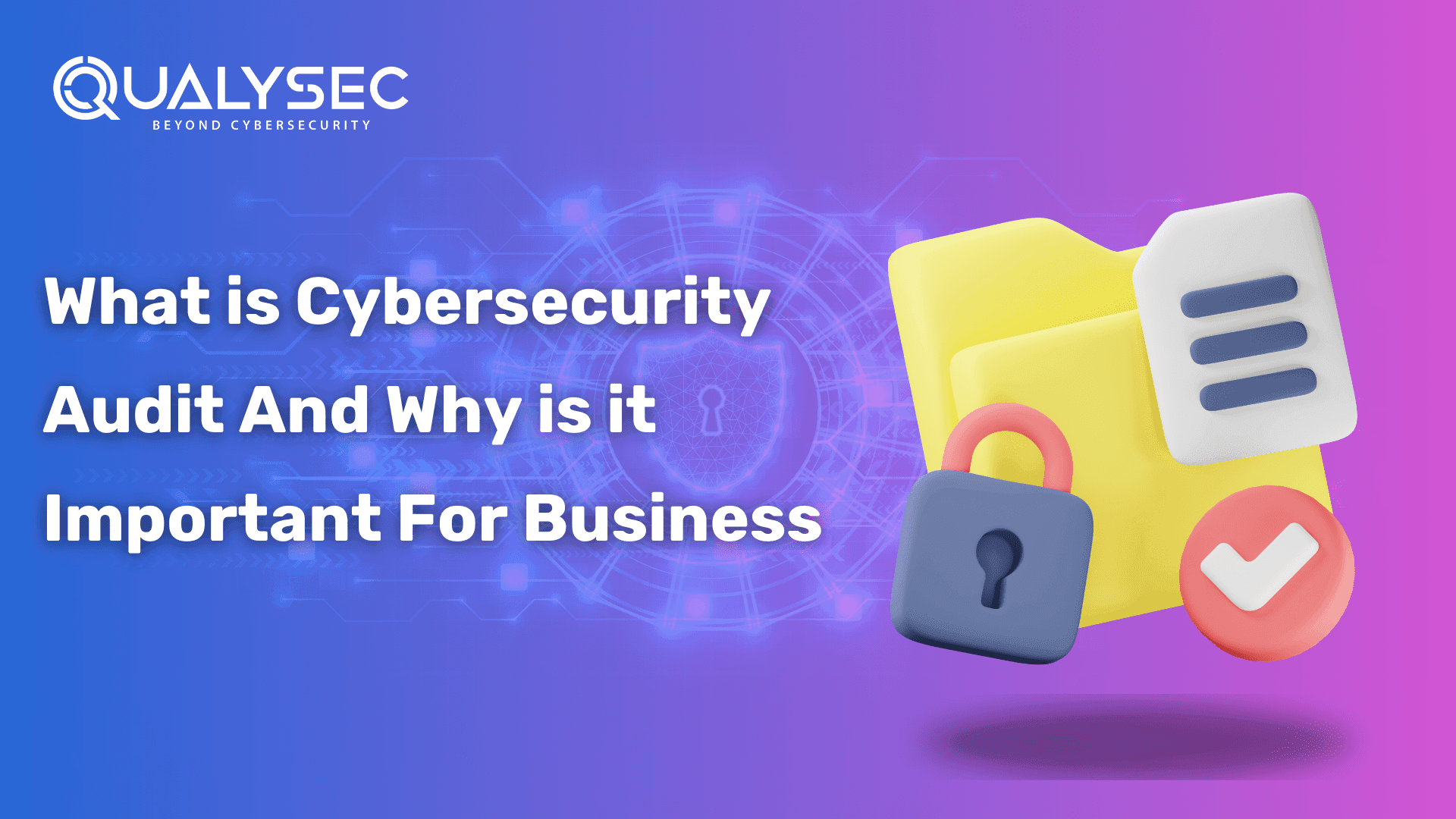
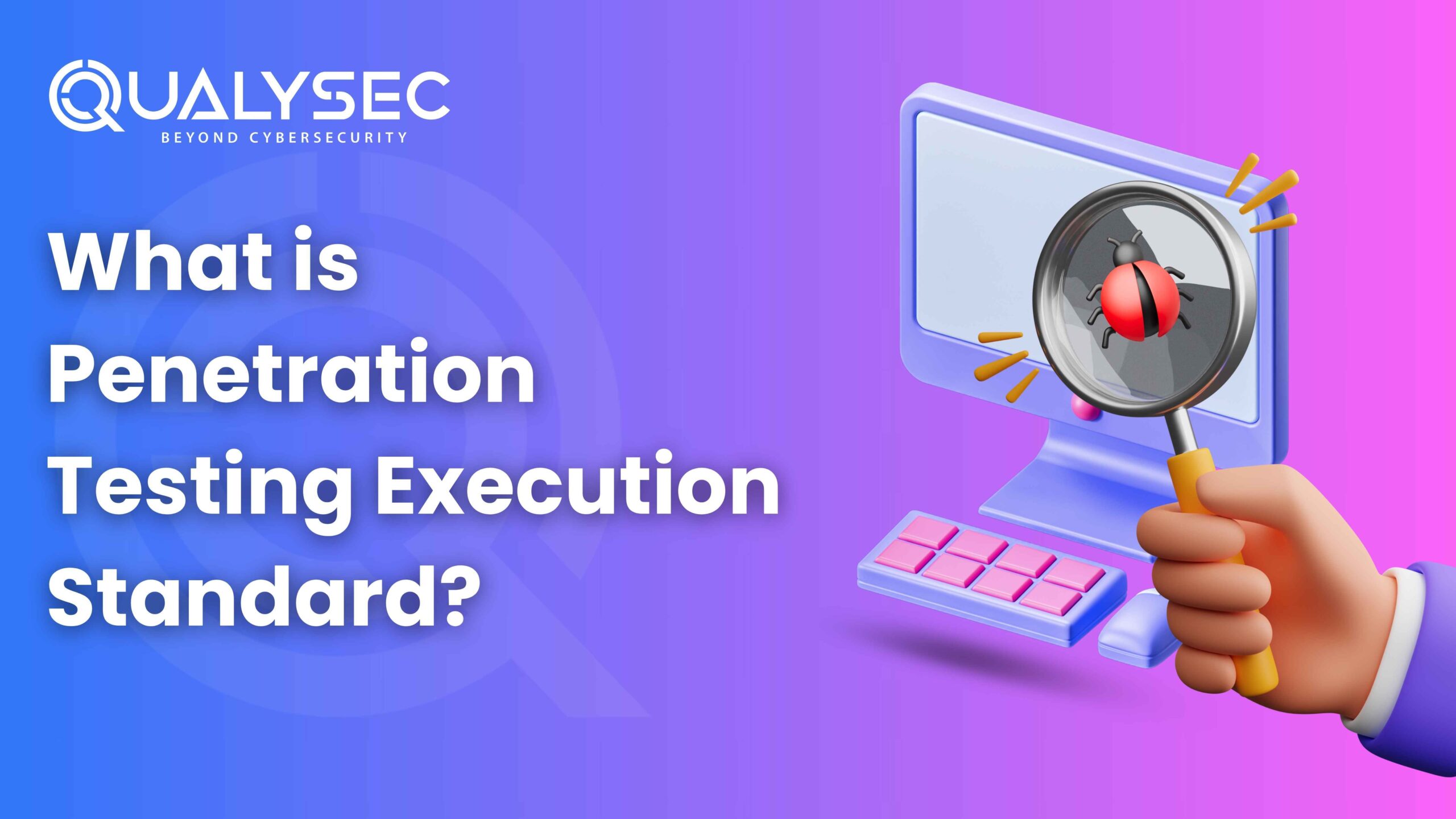





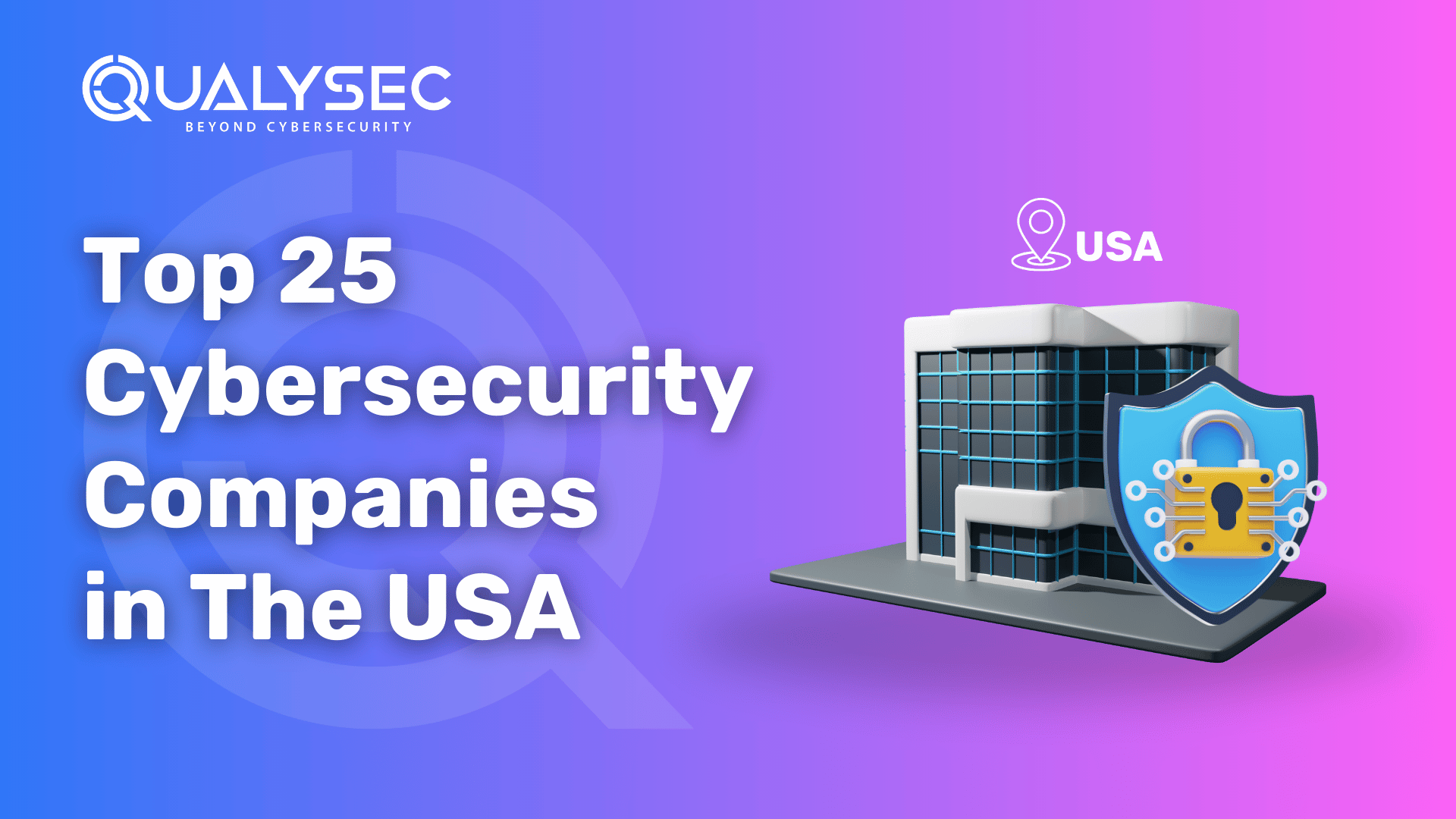
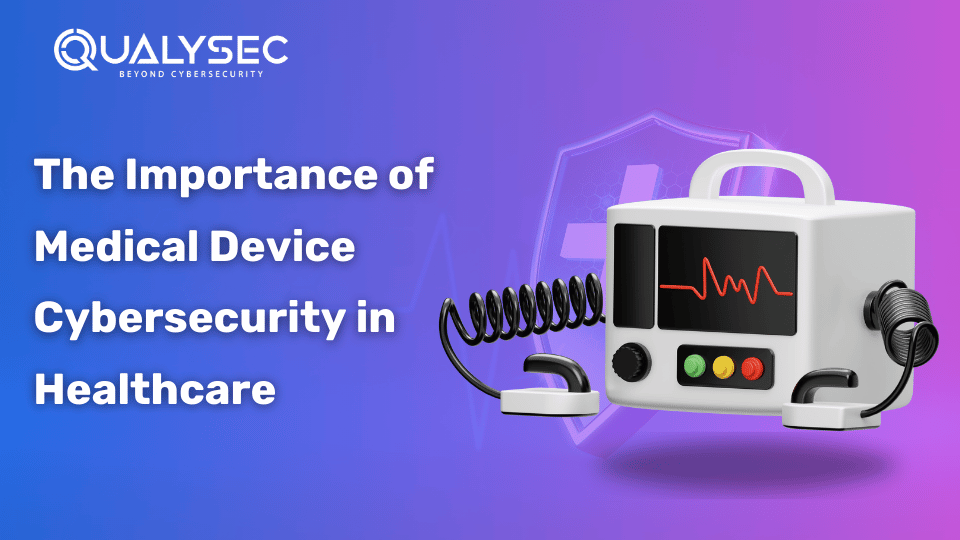




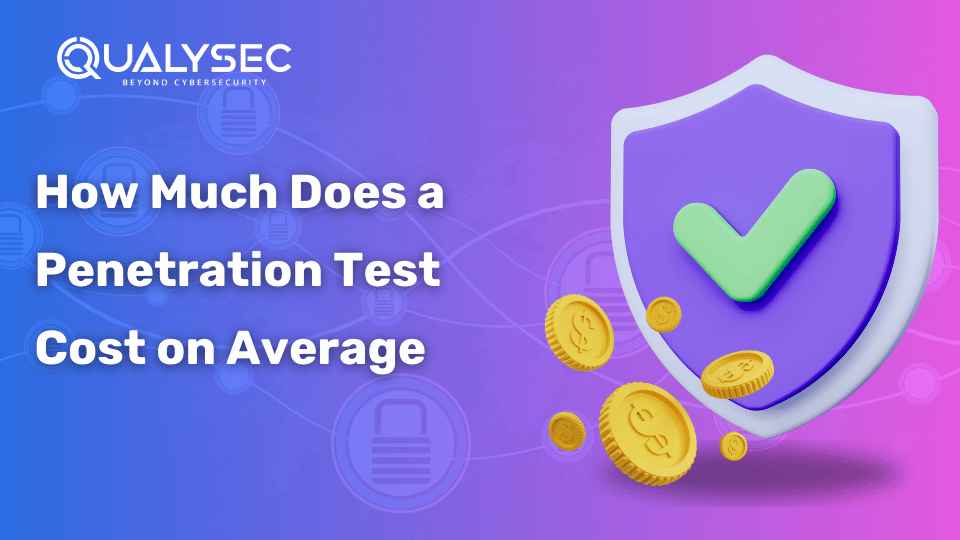



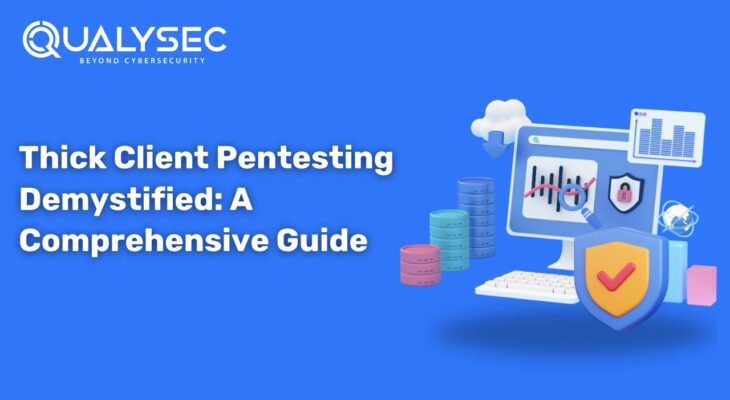





































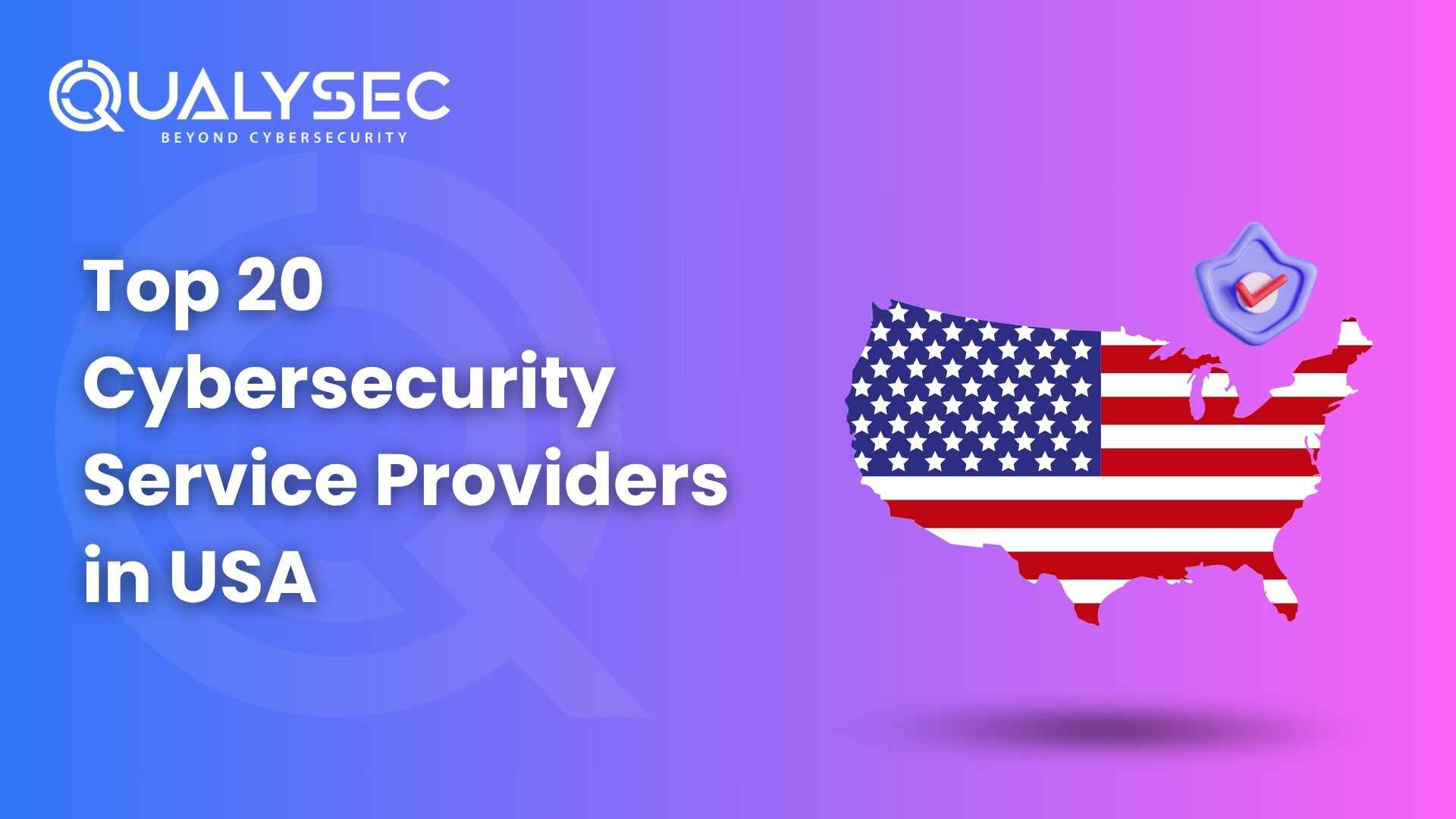













































































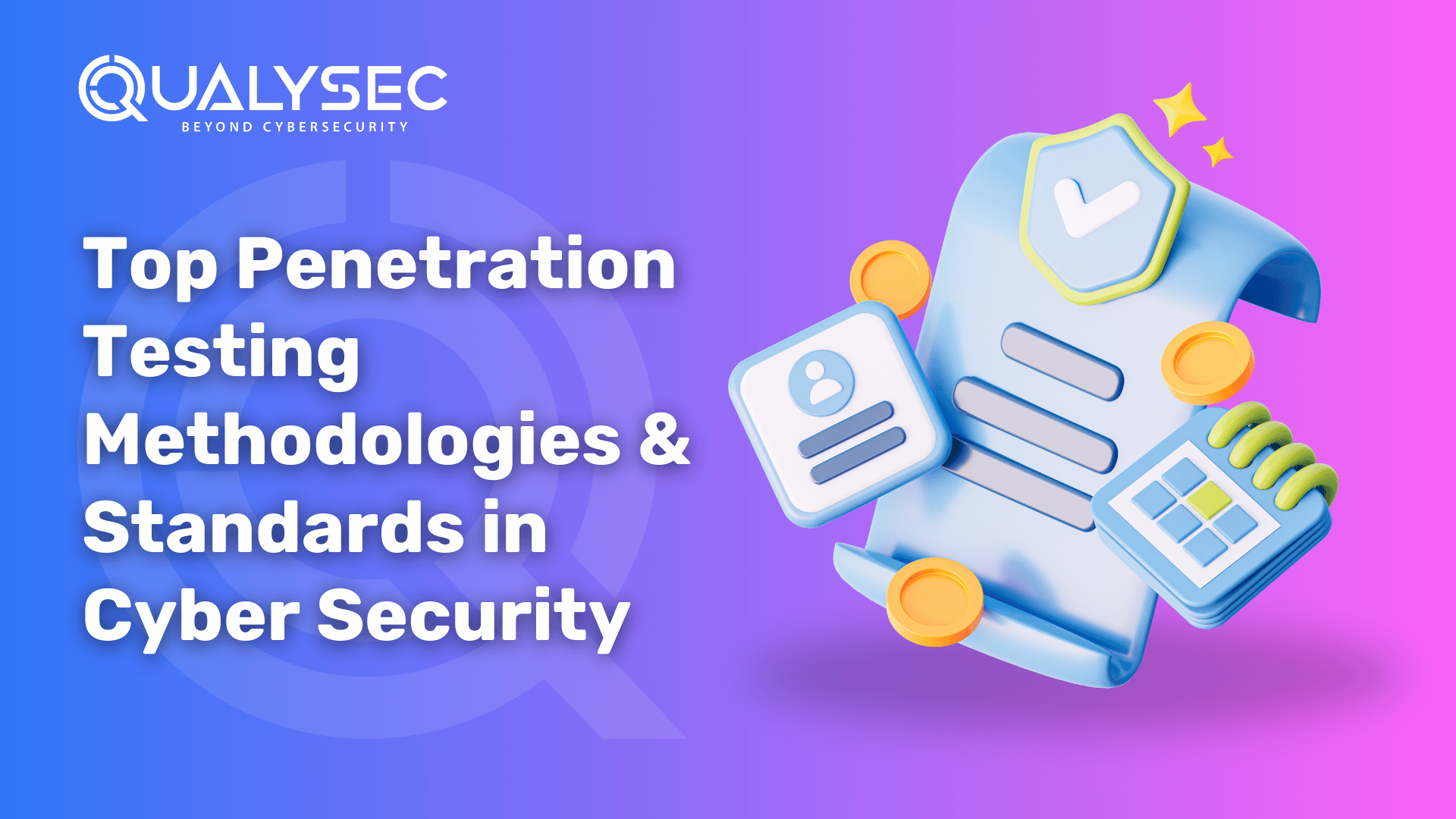











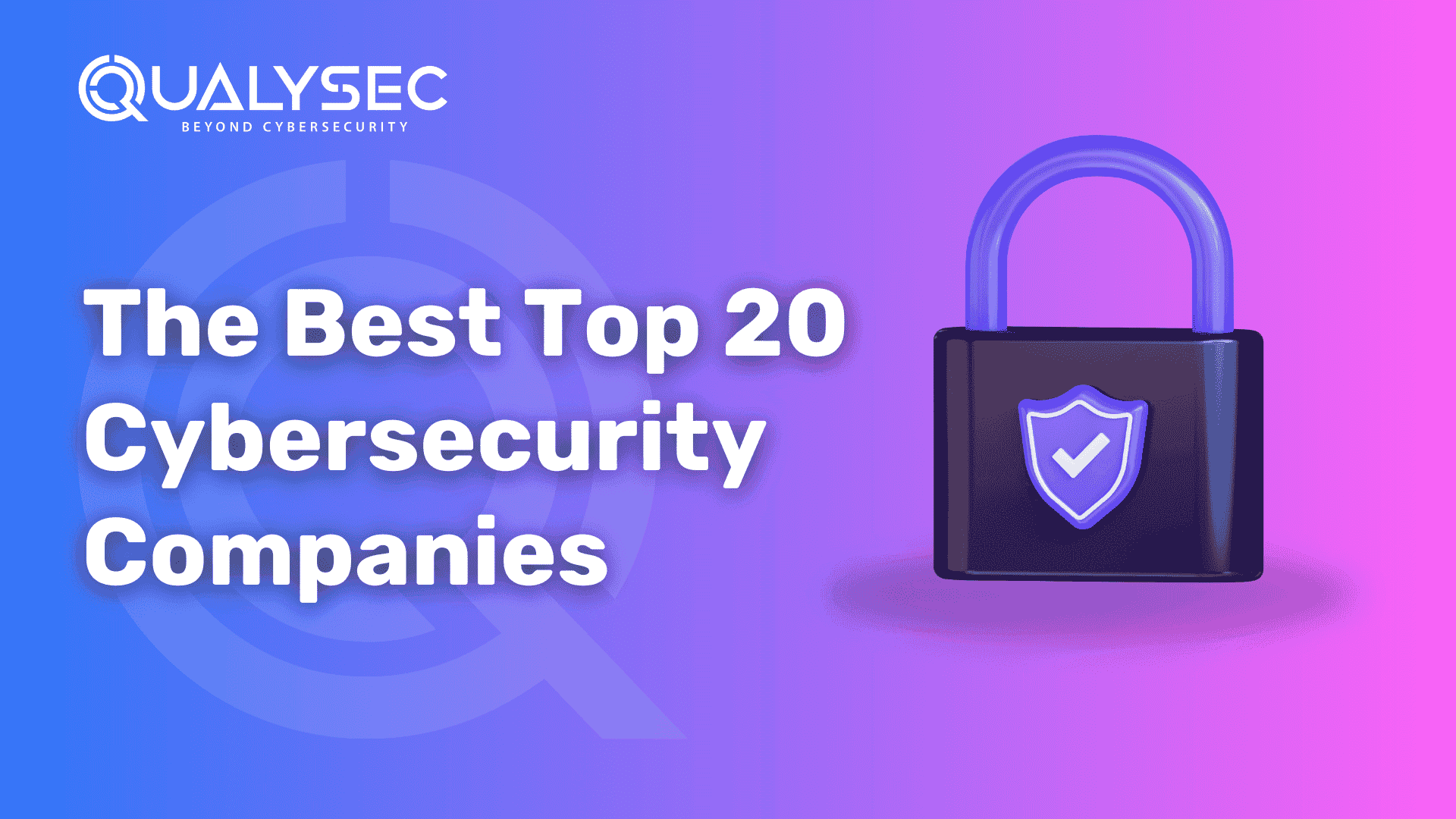
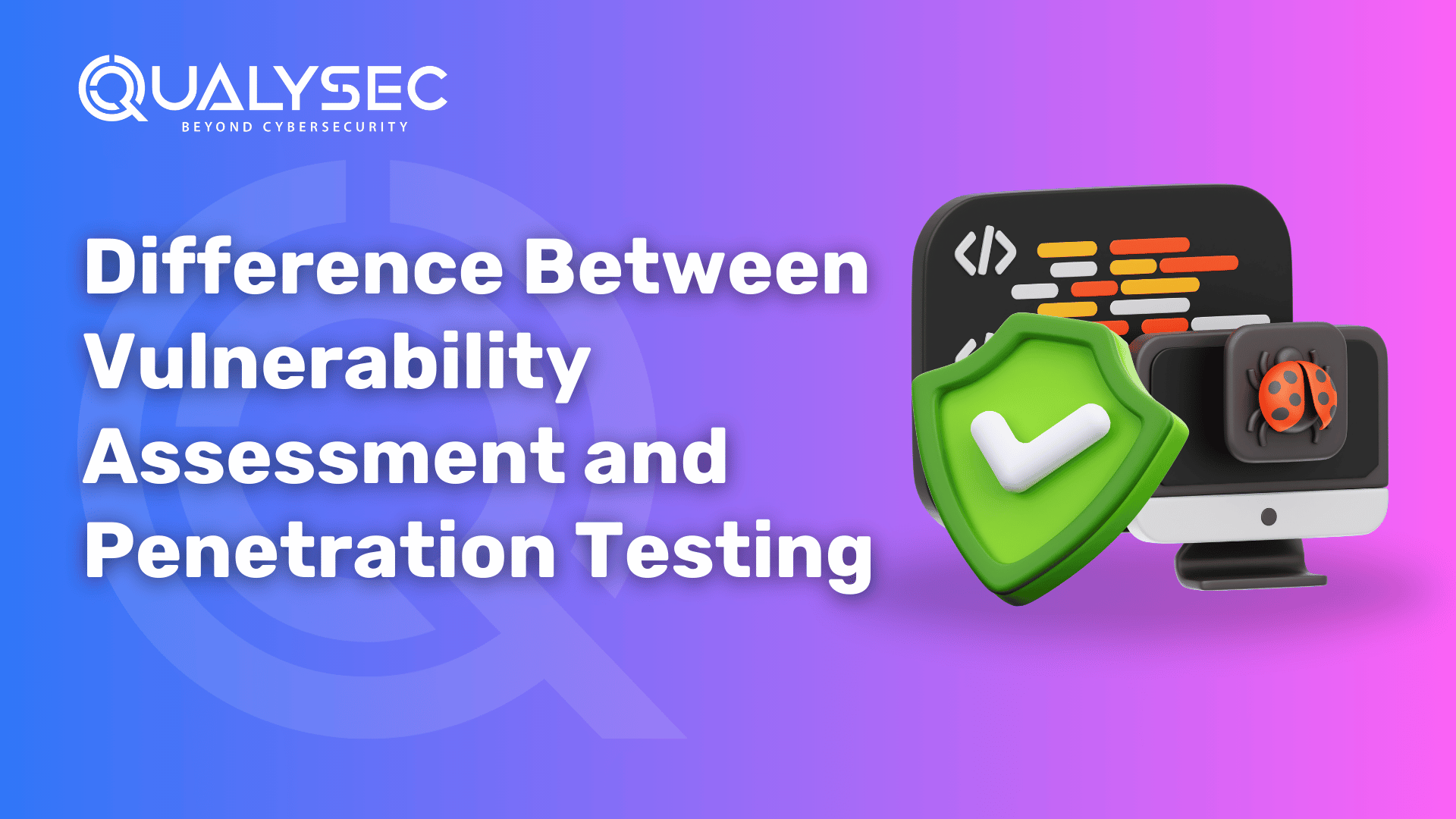


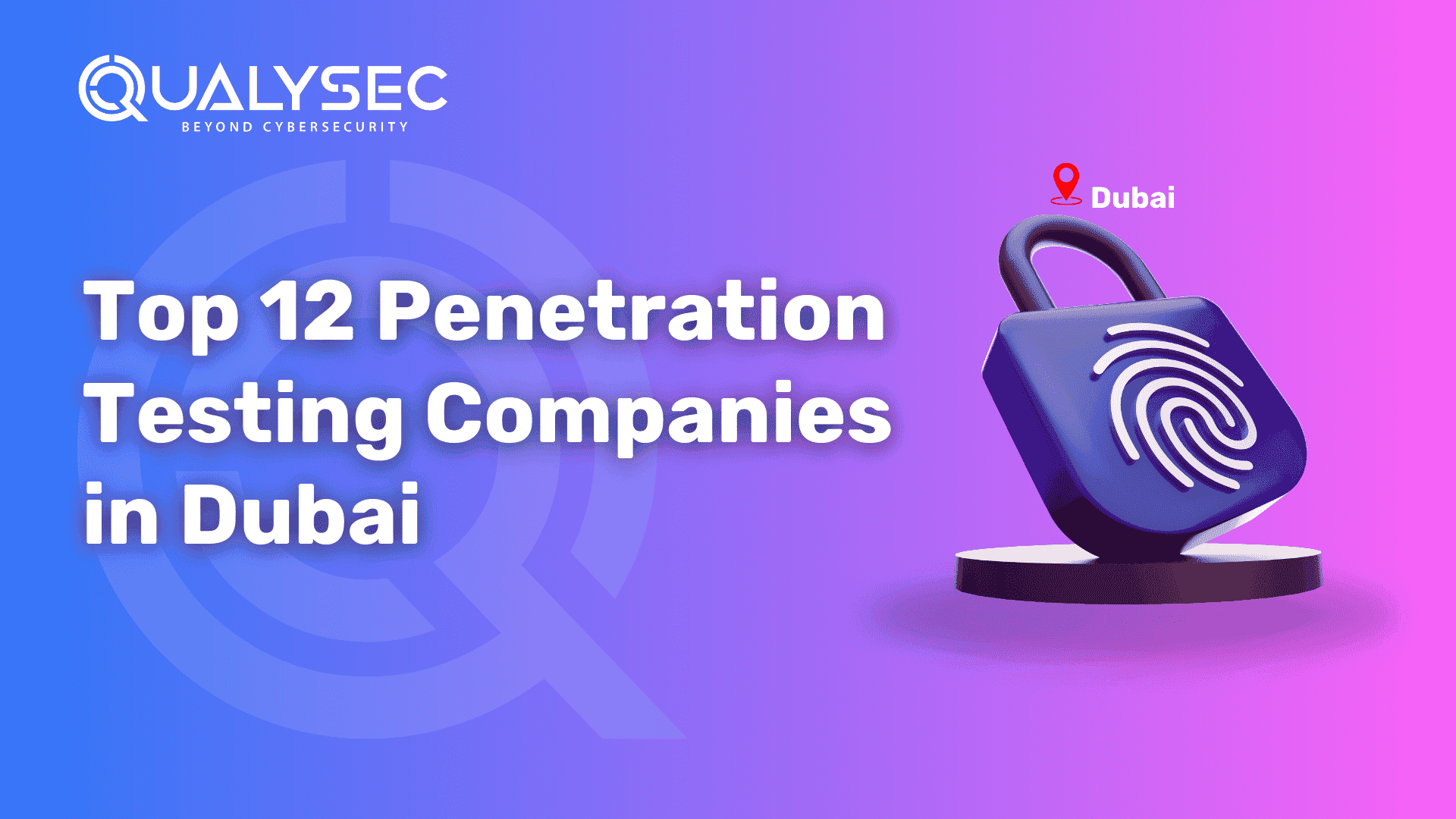
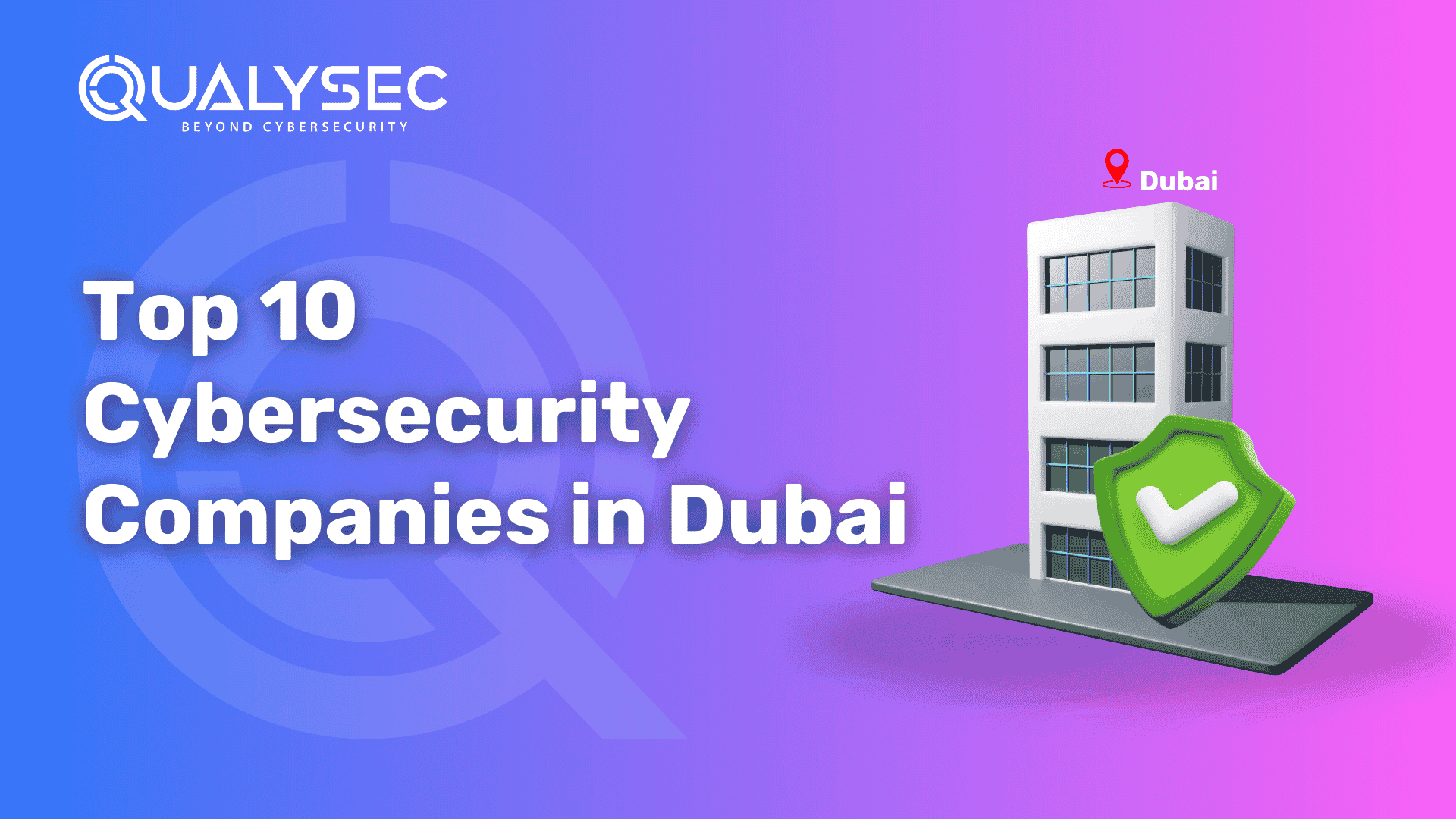

















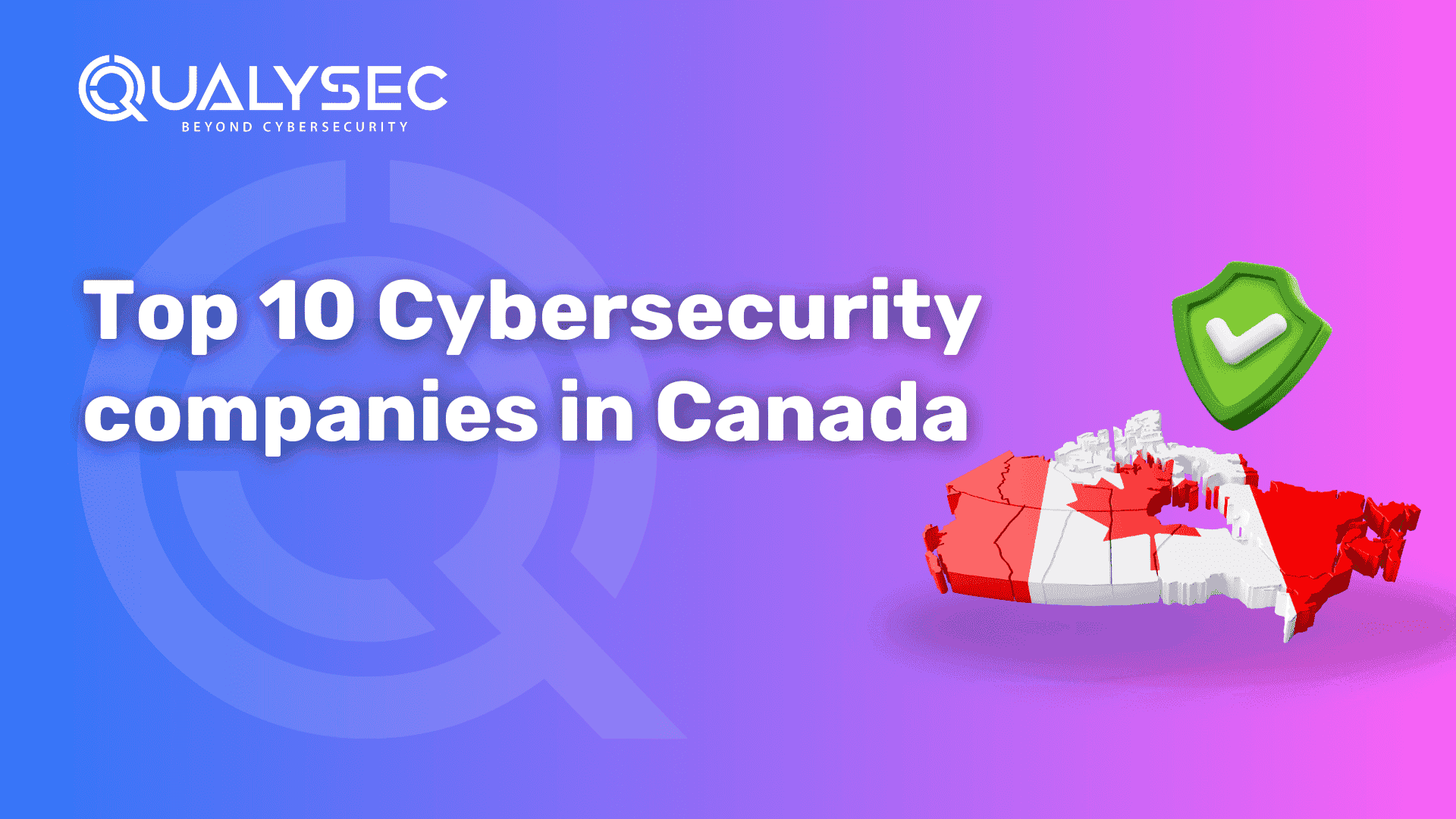




































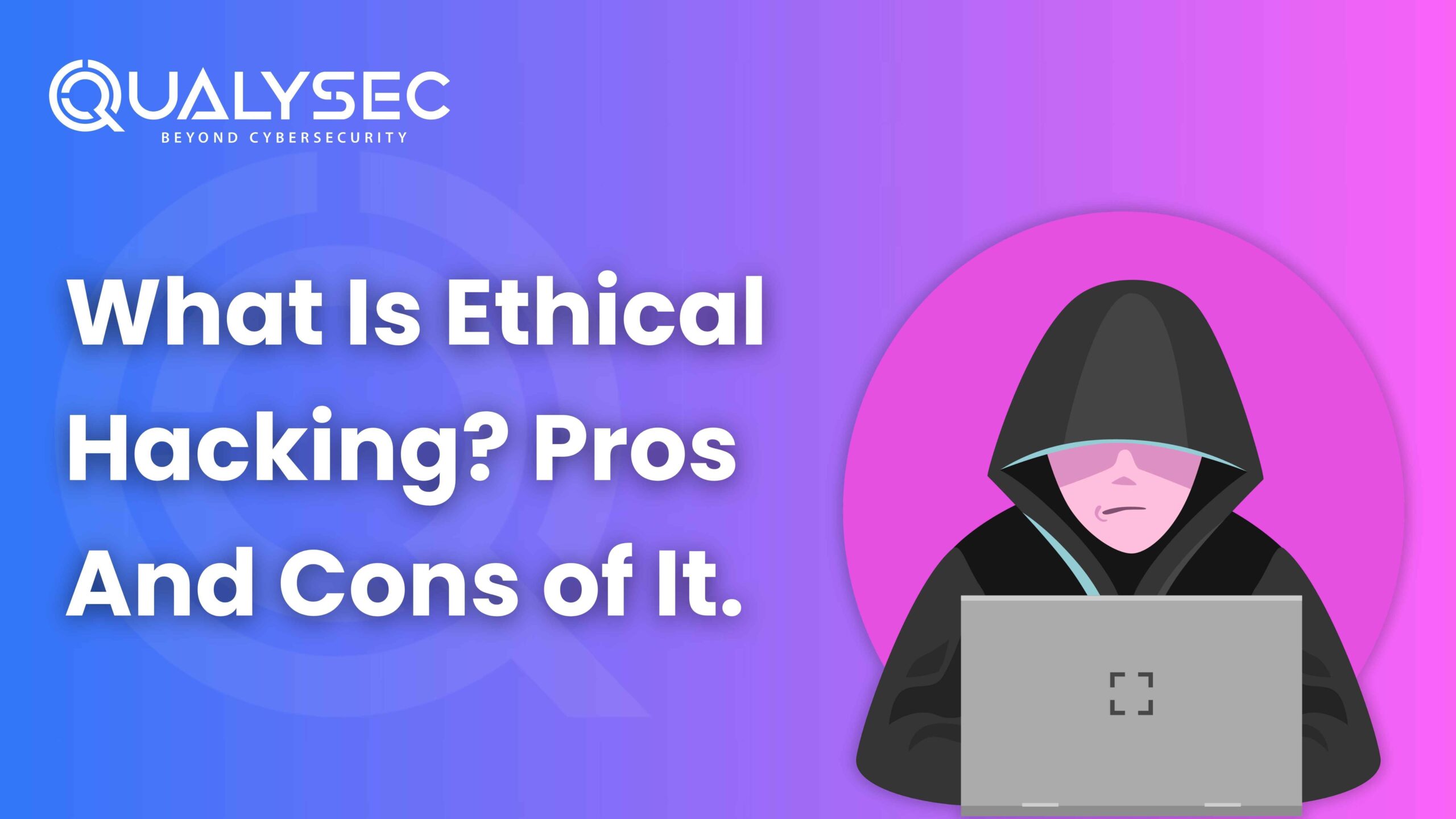








































0 Comments